There is a huge misconception amongst people that healthy food is equal to diet food. People perceive healthy food as a synonym to being on a diet. However, eating healthy food withstands alone and should not be associated with diet. In fact, there is a difference between eating healthy food and diet food. In this article, we are going to cater to the thin line of difference between the two and put forth 50+ super healthy food.
Healthy Eating VS Dieting.
What as per you is healthy food? You might be coming up with something that has to do with low-carb, fat-free, and food items with minimum calories. Well, this is where you go wrong. What you perceive as being healthy is diet food.
Now, when you are dieting, you aim to lose weight and get in shape. For which you tend to eat little, your idea is to reduce your consumption and enhance your workouts. However, weight loss has nothing to do with healthy eating. Yes, you heard me right. The whole idea of losing weight has no strings attached to a healthy lifestyle.
Eating less is making you undernourished, making your body shrink and smaller. However, there is a limit to the extent your body can shrink, and for sure, it won’t prove to be healthy in the long run.
However, eating healthy food and losing weight can go simultaneously as well, provided it has certain conditions. Here is the thing, just eating healthy without cutting down on calories won’t make you lose weight. Yet if you are eating healthy along with low-calorie intake, you are doing two things at the same time. Firstly, you are inculcating healthy habits. Secondly, you are eating fewer calories which will help you reduce weight.
To conclude the debate of healthy eating and dieting, we can say that healthy eating is a lifestyle which gets inculcated in your life in the long run, providing you with long-lasting benefits. On the flip side, dieting is a short-term strategy. Dieting will only prove to be effective as long as your body can deprive you of the food that you like.
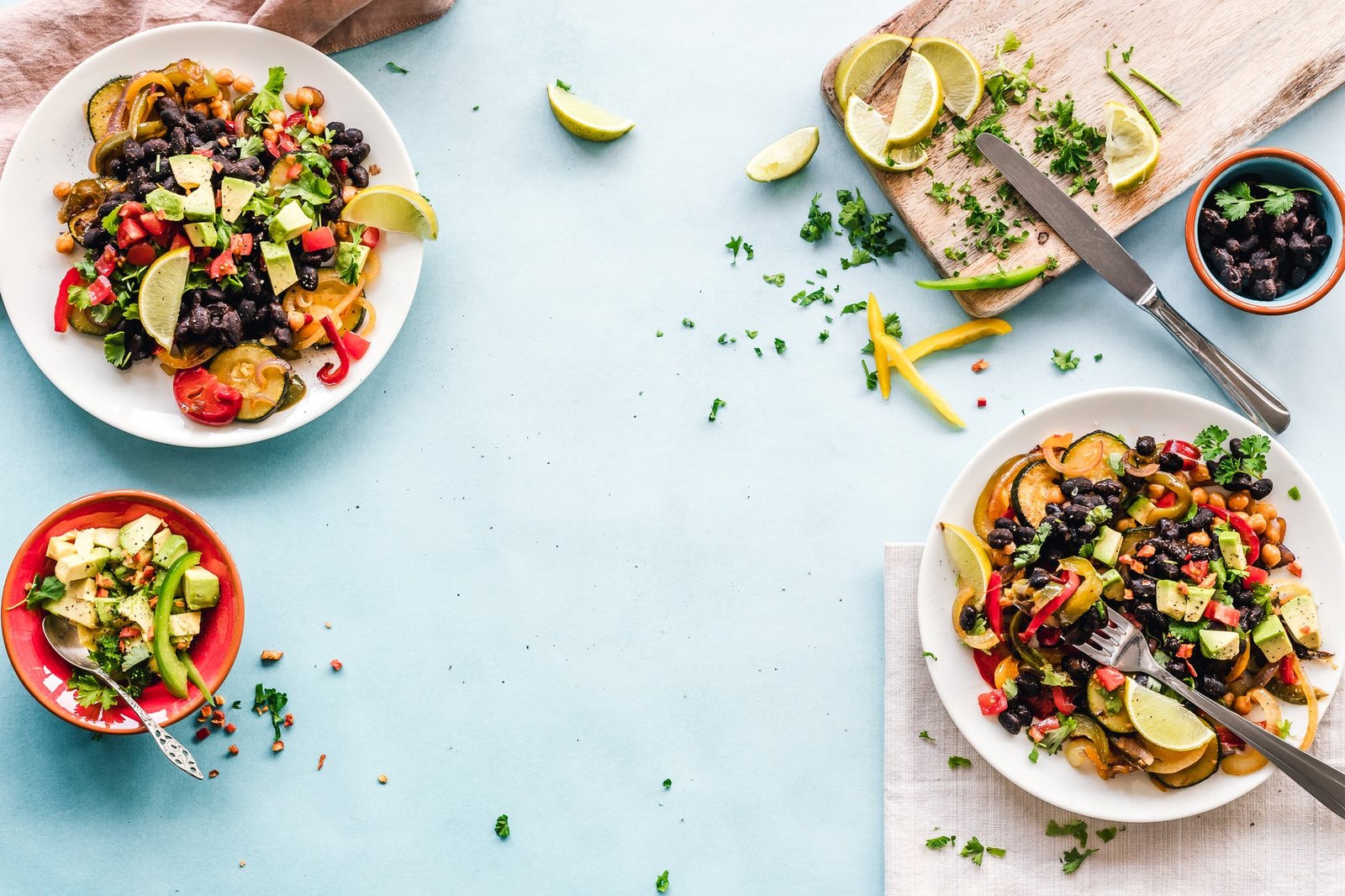
- Healthy Foods That Are High In Iron
- 10 Everyday Tonics That Help Your Body Adjust To Stress & Anxiety
- The 9 Best Foods And Drinks To Have Before Bed
- 12 Simple daily habits for a happier and healthier life
Benefits of healthy eating
Healthy eating focuses on taking in necessary nutrients in apt quantity and proportion as to maintain a balanced diet. Eating healthy goes by the saying that you become what you eat and drink. A healthy lifestyle encourages the consumption of fruits, veggies, and the correct ratio of fats and carbs. Benefits of healthy eating involve:-
Weight loss
Dieting is not directly related to eating healthy. However, if we put it the other way round, it is far more effective. It means that when you are eating healthy food and are following a balanced lifestyle, you automatically follow the path of losing weight.
Better heart health
As you grow old, increasing tensions and responsibilities have a direct impact on your blood pressure, leading to hypertension. Surveys have shown that there has been a huge increase in the number of patients dying from hypertension, heart attacks, and strokes. Here comes the role of healthy eating. Doctors believe eating healthy food can reduce the risk of heart disease by 80% and prevent blood pressure and hypertension.
Improved Memory
The food we eat has a direct impact on our mental processes. Scientists say if one eats food rich in sugar, unhealthy fats, carbs, etc, he is more likely to be affected via impaired memory and brain diseases. On the other hand, healthy eating can enhance your blood flow, increasing your memory and mental status.
50+ Super Healthy Foods
1). Apples
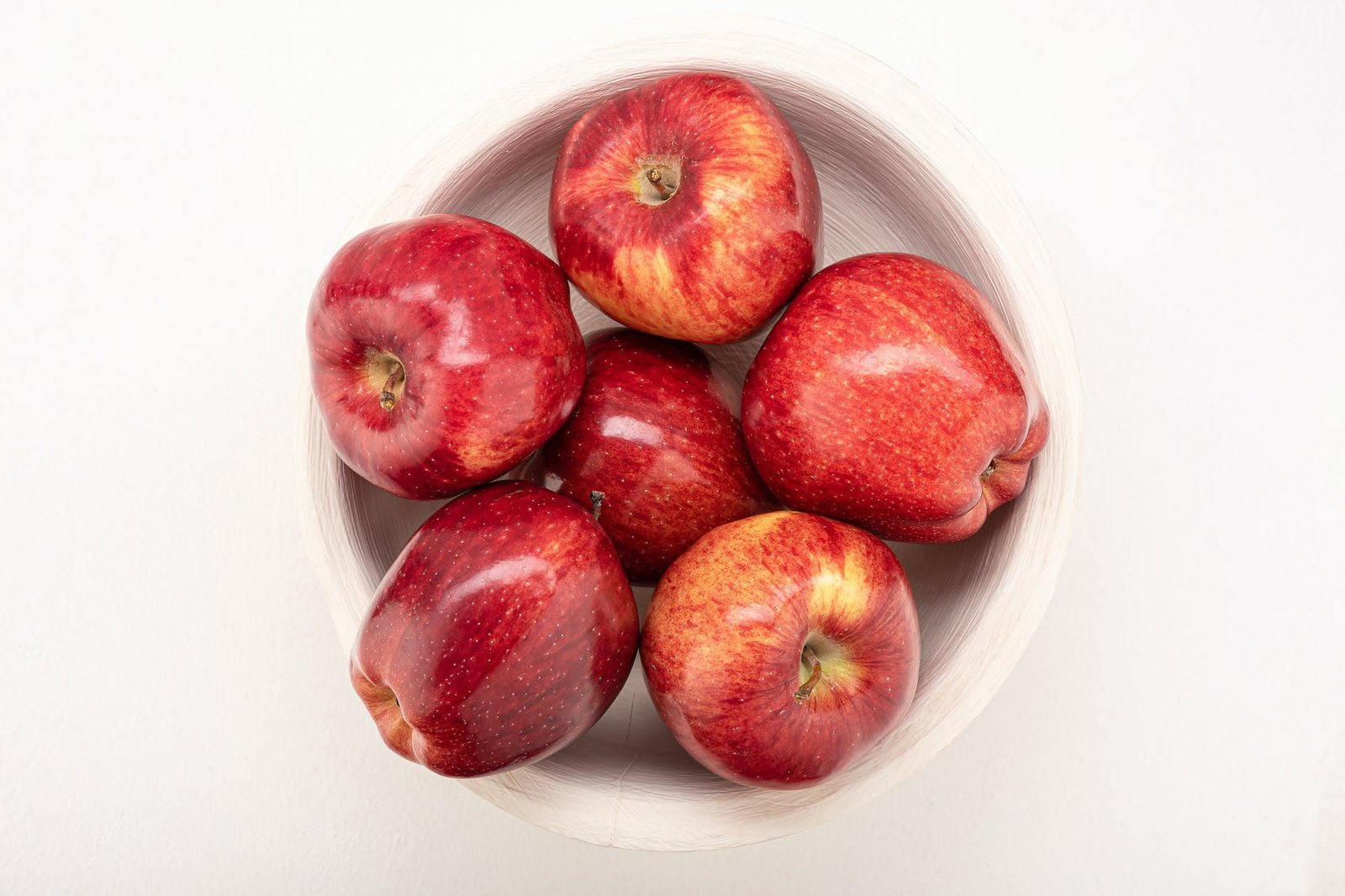
“An apple a day keeps the doctor away” is the most famous saying that we have been taught since kids. Well, it is indeed true. Apple is one of the most nutritious and healthy fruits. They are rich in fibre, vitamin C, and many other antioxidants. In addition, apples are rich in simple sugars like glucose and fructose, offering several health benefits.
2). Avocados
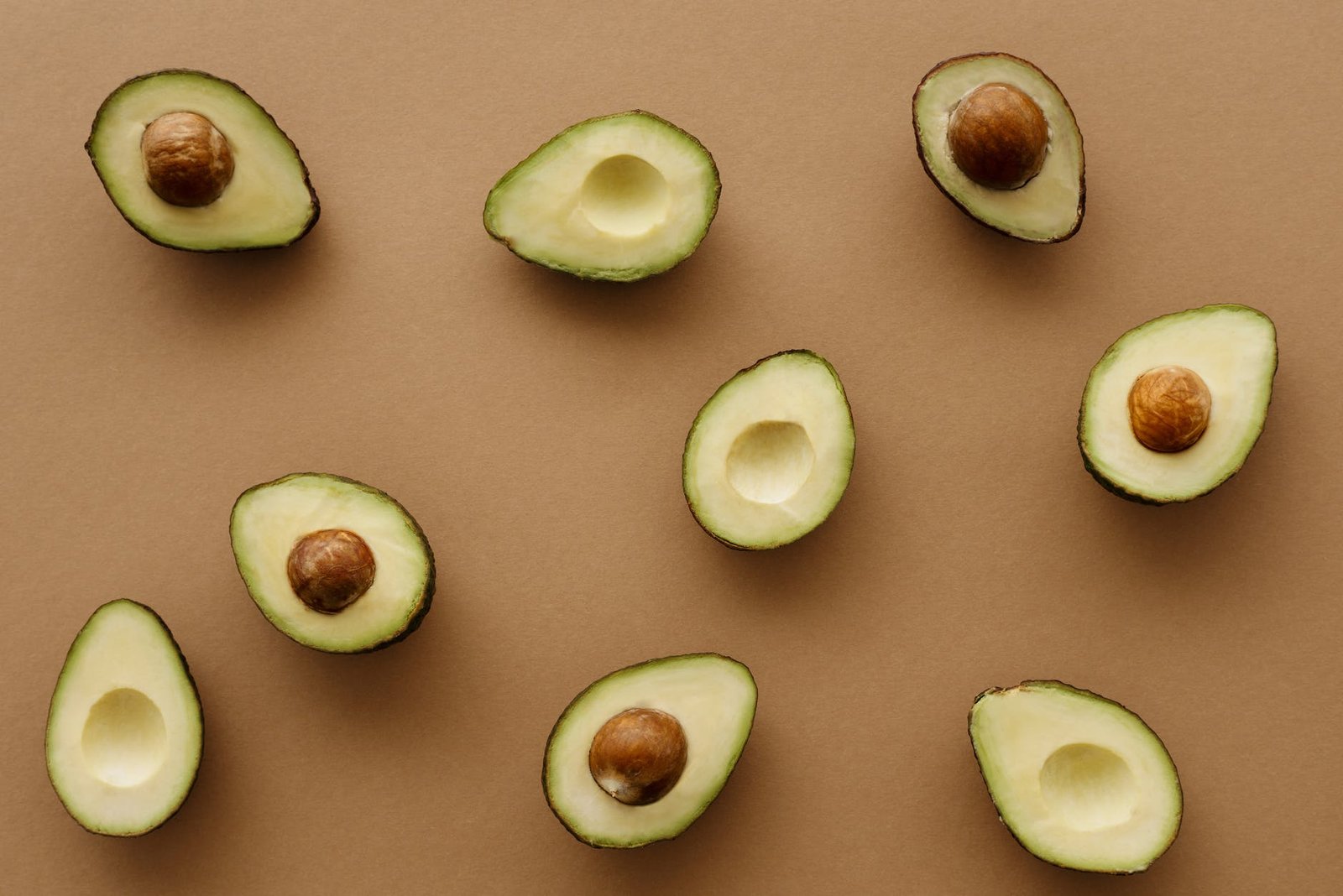
Avocados are a great source of folate, Vitamin E, and monounsaturated fat, providing health benefits like low blood pressure and preventing heart disease. In addition to their nutritious values, they are uniquely popular for their creamy and tasty textures.
3). Banana
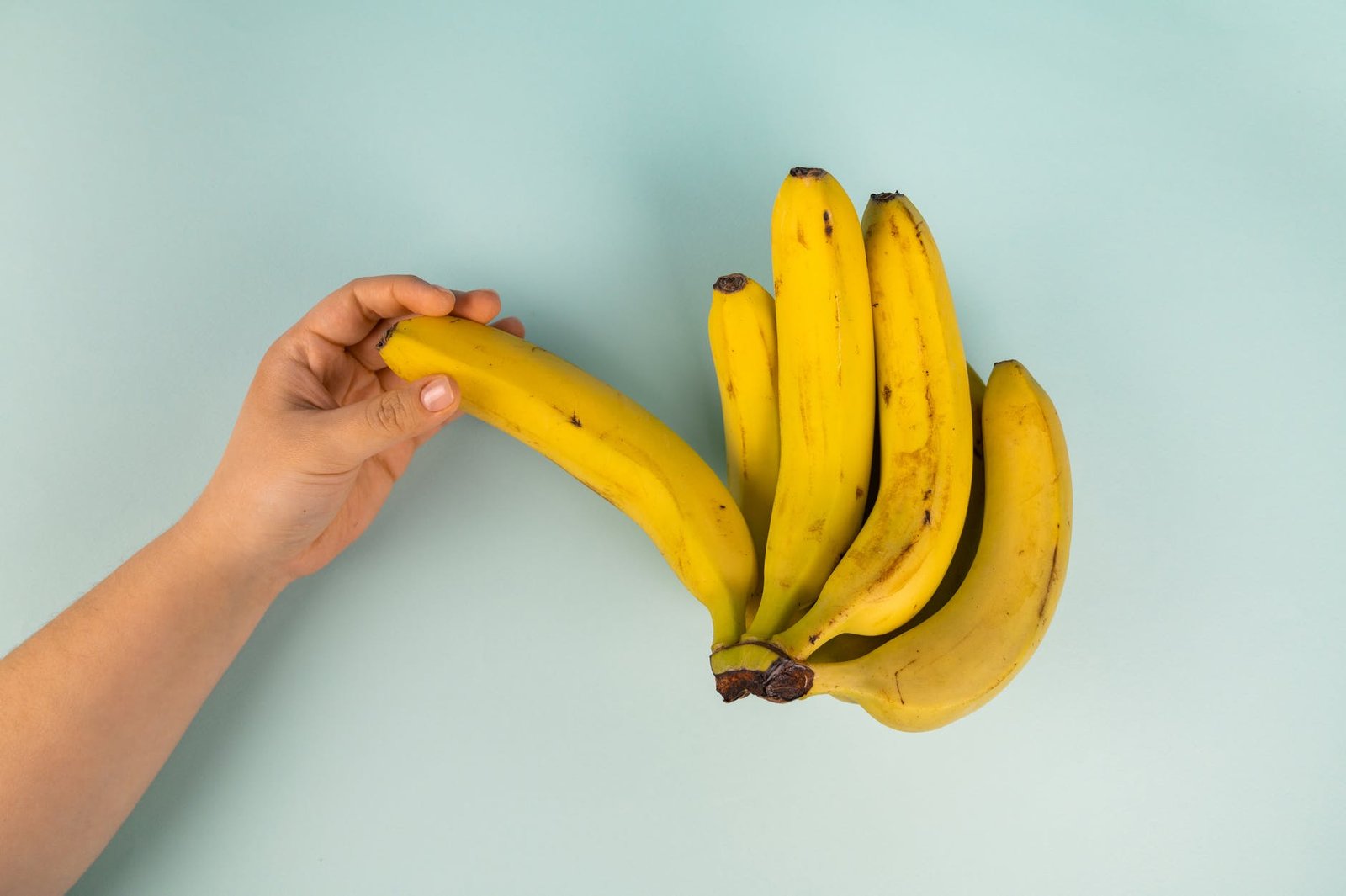
Bananas are the most healthy and healthy potential fruits. It boosts your digestion and proves helpful for your heart health. Additionally, bananas are rich in fiber, potassium, magnesium, Vitamin B6, and vitamin C.
4). Blueberries
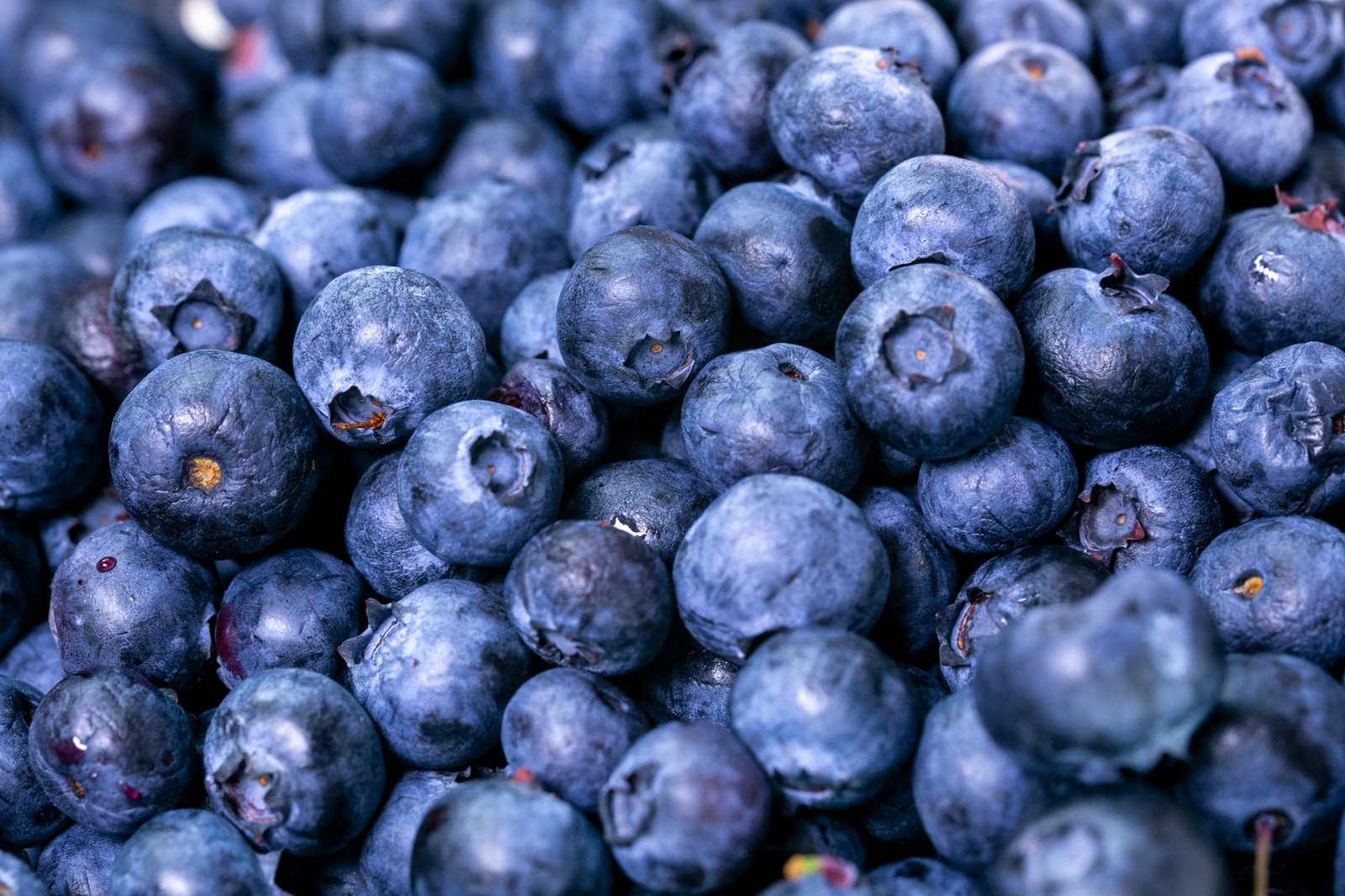
Blueberries are popularly known as summer treats. They contain iron, potassium, magnesium, vitamin K, etc. They provide health benefits like skin health, bone strength, heart health, reduce cancer risk, and enhance mood. In addition, they have also attained the label of the most powerful source of antioxidants.
5). Oranges
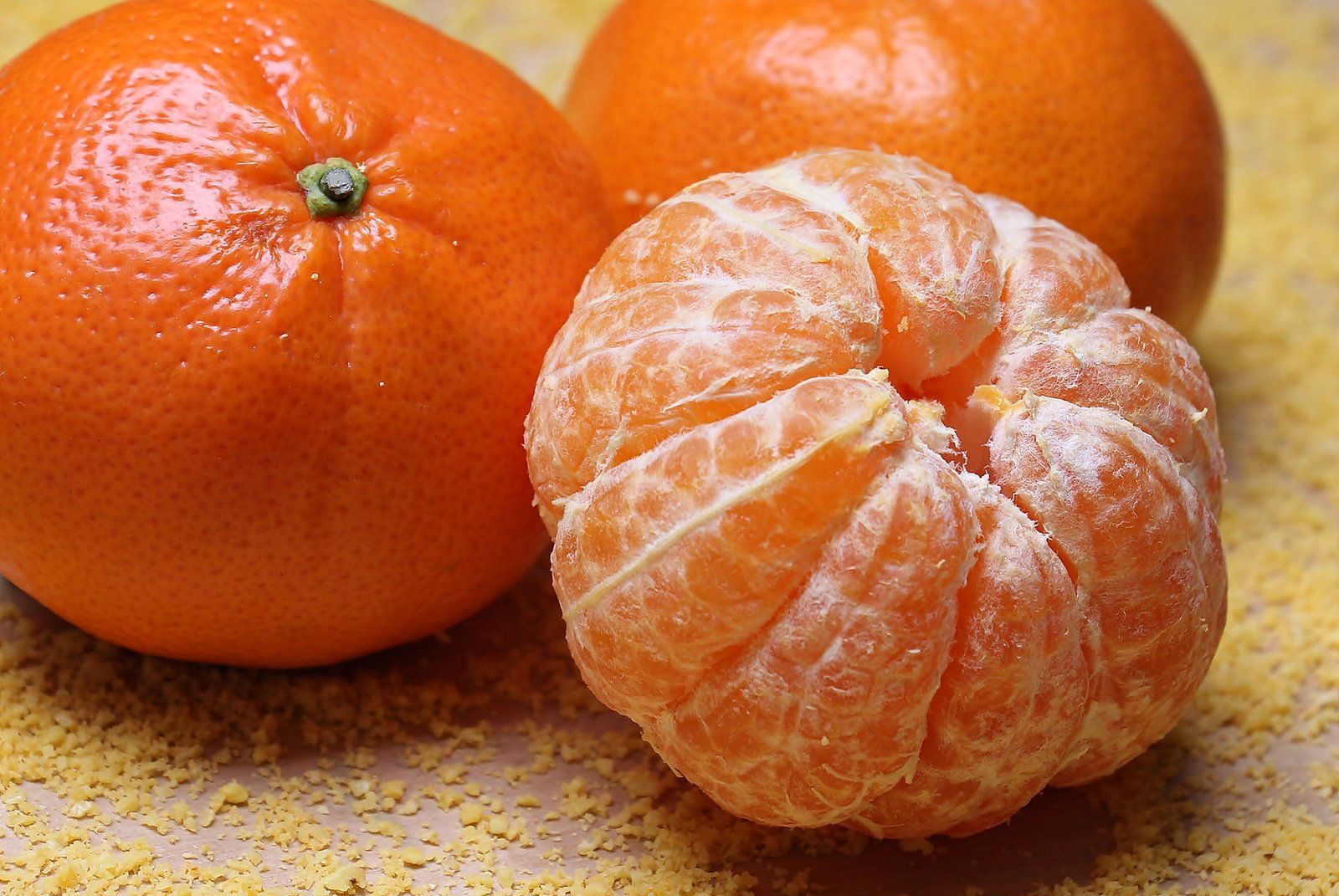
Oranges are well known for their citric component. They are highly rich in Vitamin C. Like any other fruit, oranges are also rich in water and carbs, with little fat and protein. Also, they are a good source of fiber, boosting digestion and overall health.
6). Strawberries

Strawberries are like small heart-shaped red berries. They offer high levels of antioxidants and vitamins. Strawberries offer more Vitamin C than oranges, and on the top, it also provides fat-free, sodium-free, low-calorie, and cholesterol-free food. In addition, what makes this fruit unique are the bioactive compounds present in it.
7). Eggs
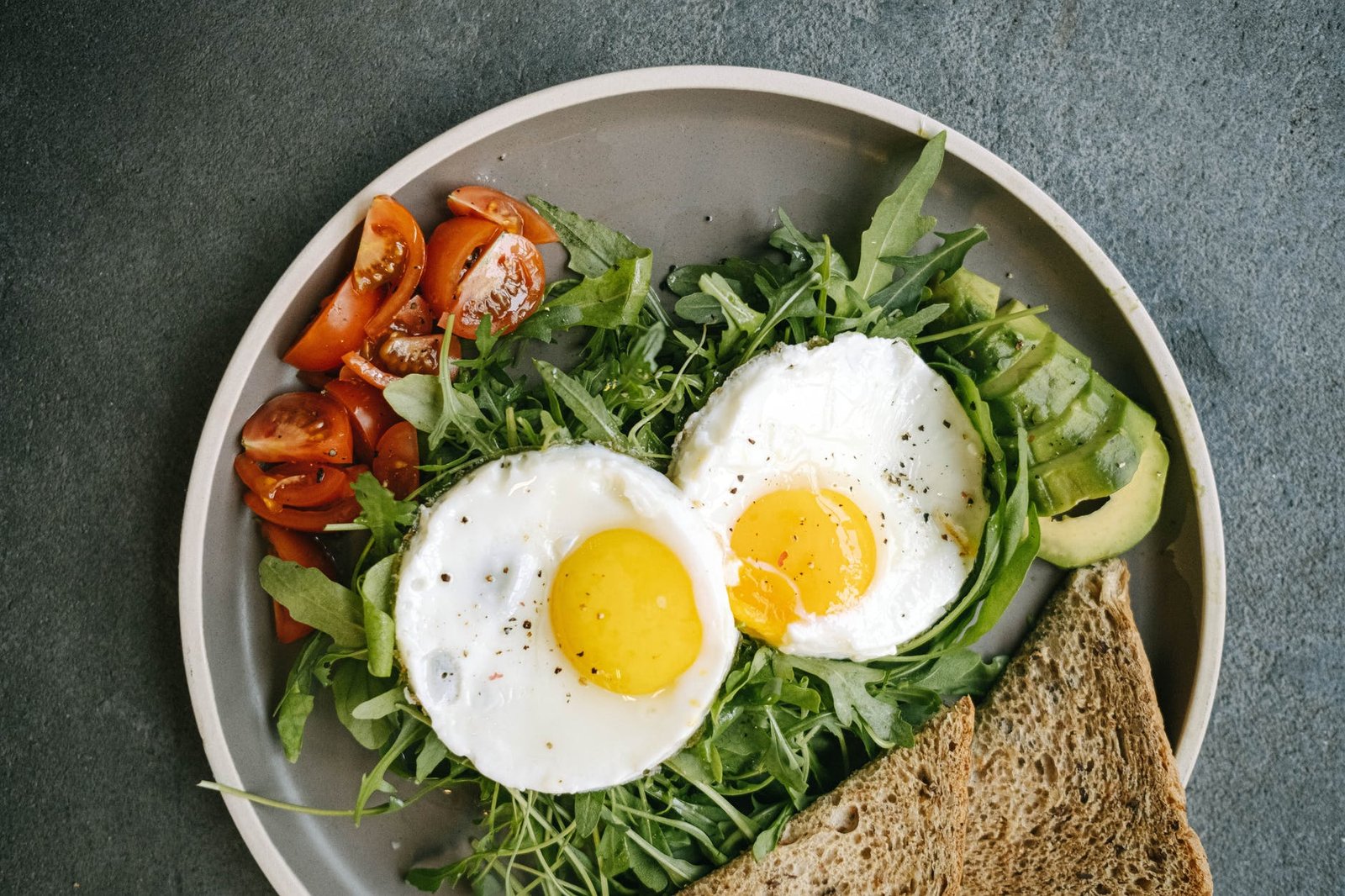
Eggs are amongst one of the greatest sources of protein, including both white and whites and yolk. They contain heart-healthy unsaturated fats and provide essential vitamins like B6, B12, and vitamin D. They are highly supportive of your health and prevent several severe diseases.
8). Lean beef
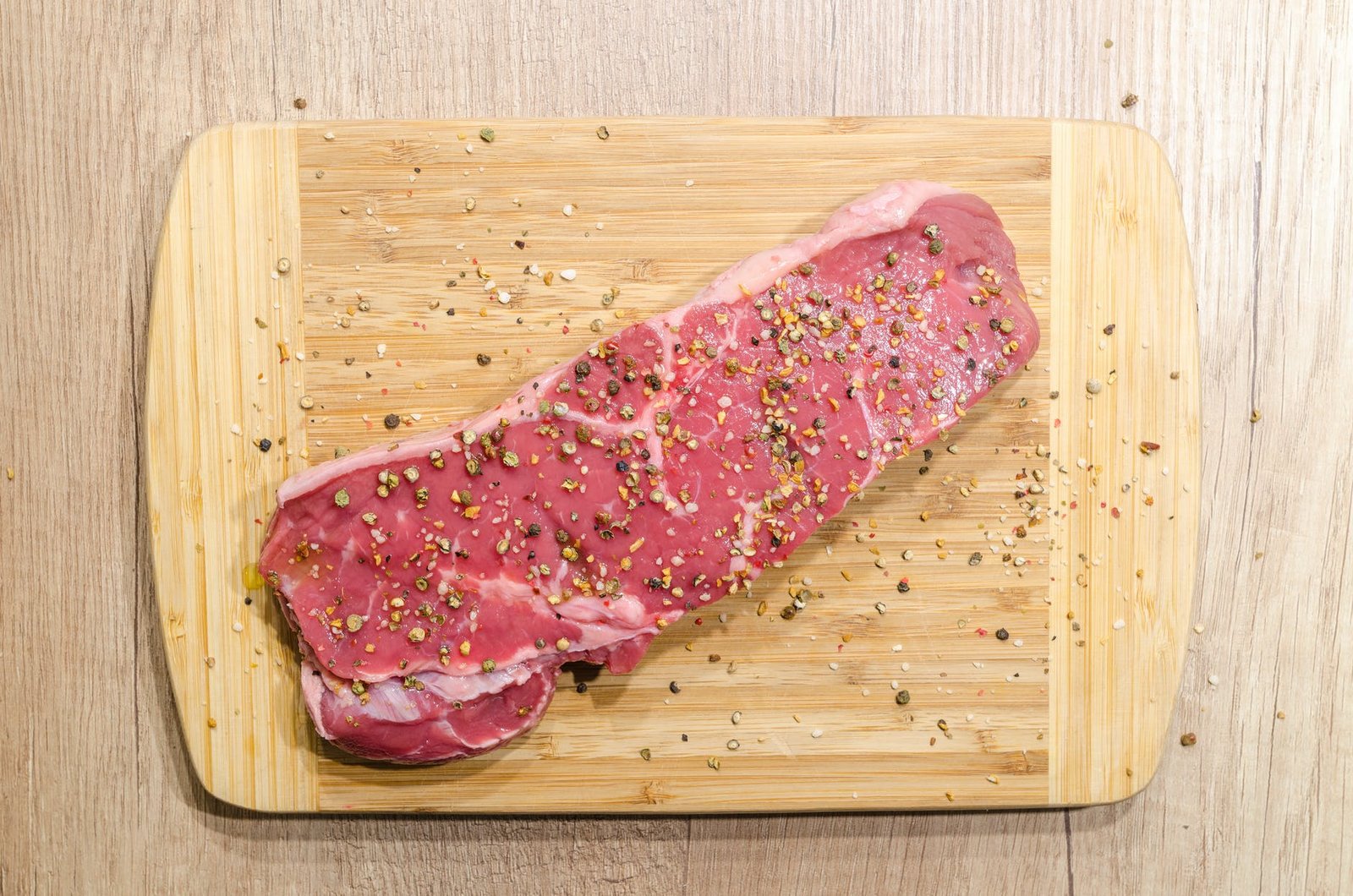
Lean beef is a type of red meat. It has been categorized as a rich source of proteins and minerals. The protein supply of lean beef helps in the repair and building of bones, skin, and muscles. Lean beef also consists of a perfect mix of several vitamins, including a range of B vitamins.
9). Chicken breasts
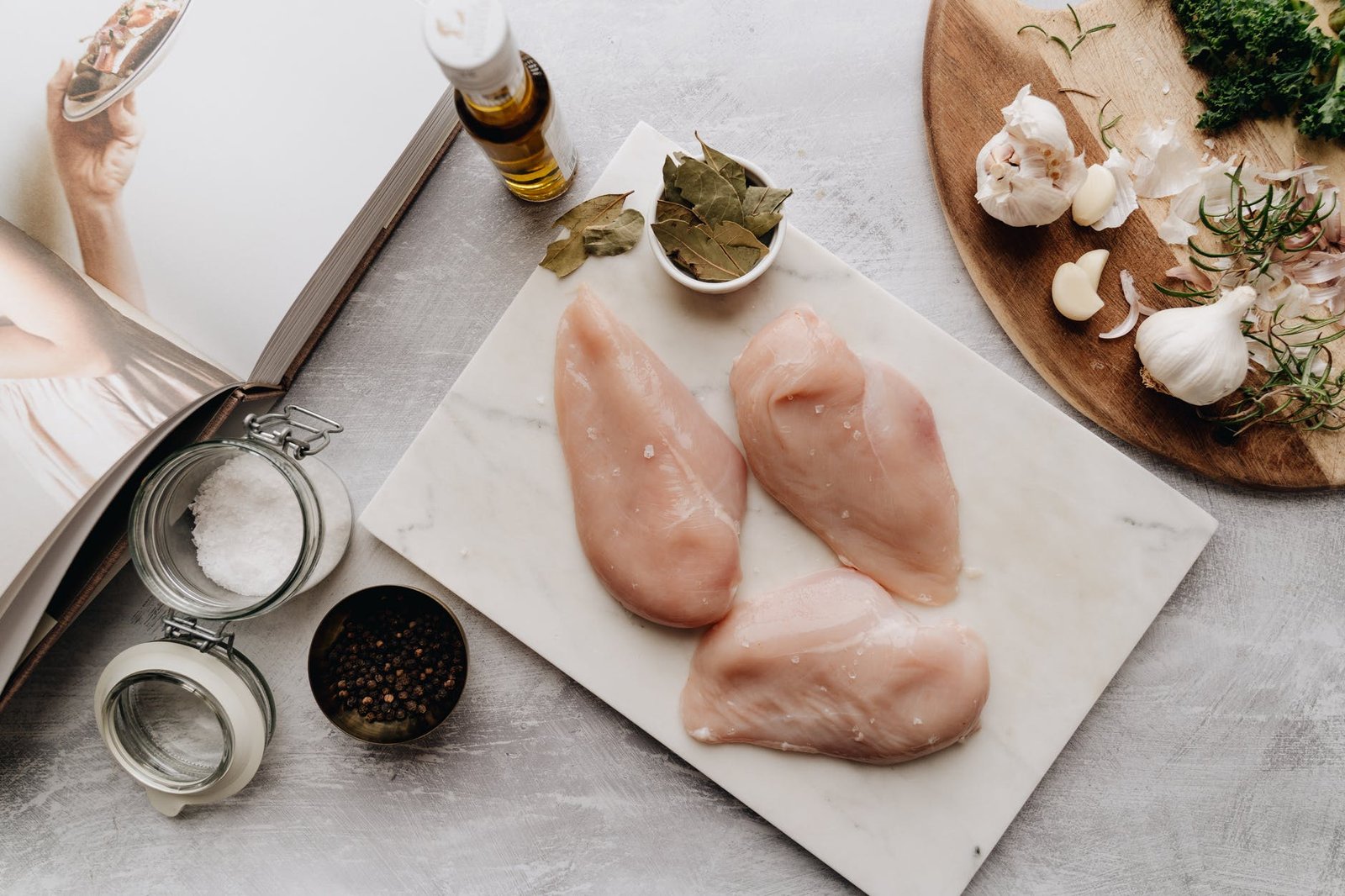
Chicken breasts are the leanest cut of chicken. It has lower calories than any other part of the chicken, along with high protein levels. It is an ideal piece of chicken for losing weight and building muscles.
10). Lamb

Lamb is on the fattier side compared to beef. However, it is rich in protein because of the presence of amino acids and iron. It promotes the growth of muscles and the overall performance of the body.
11). Almonds
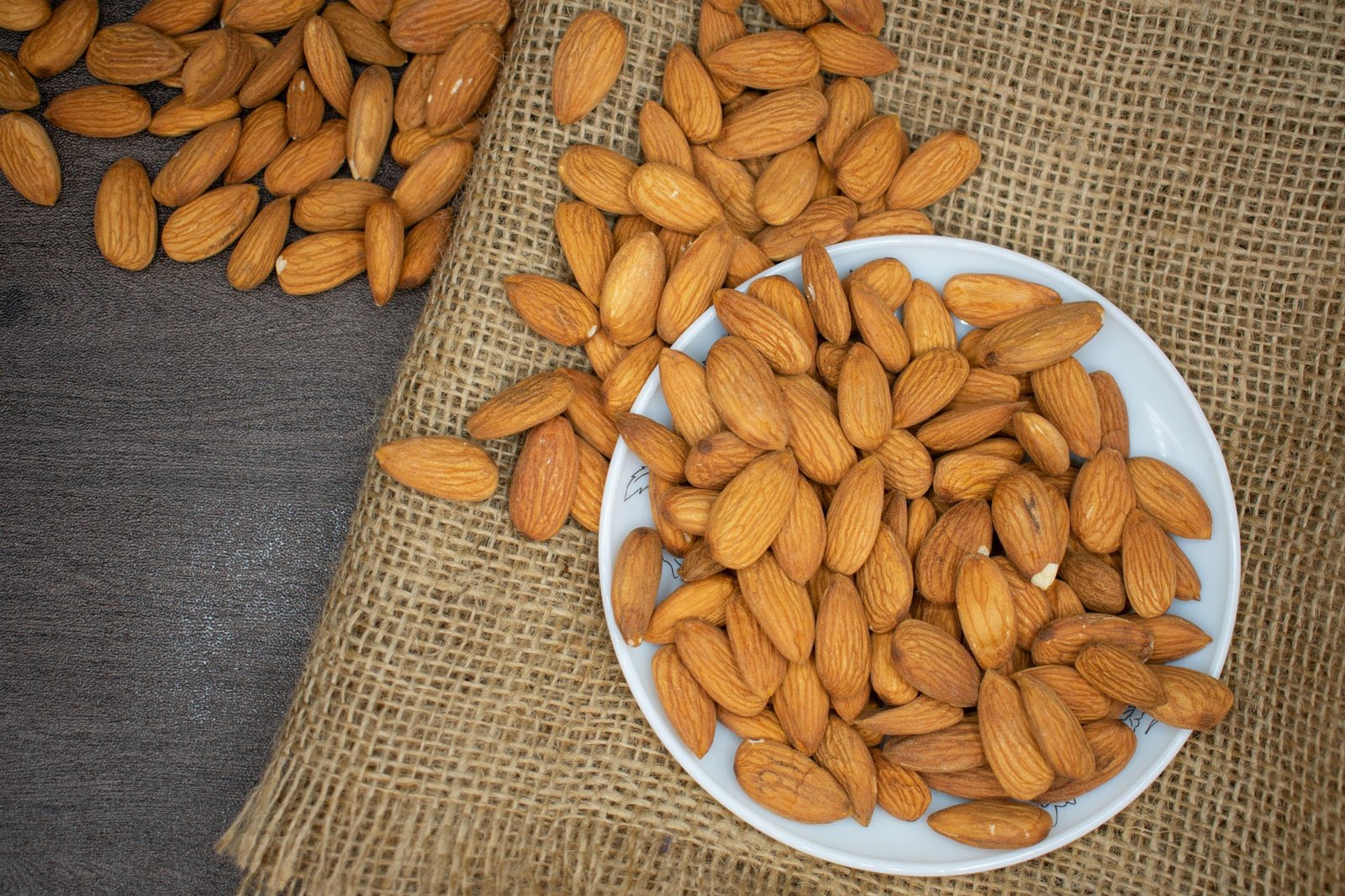
Almonds are a popular dry fruit, highly rich in fibre, protein, and many other nutrients. It is high in fat yet extremely helpful for weight loss. Some health benefits would include low Blood pressure and lower cholesterol.
12). Chia seeds
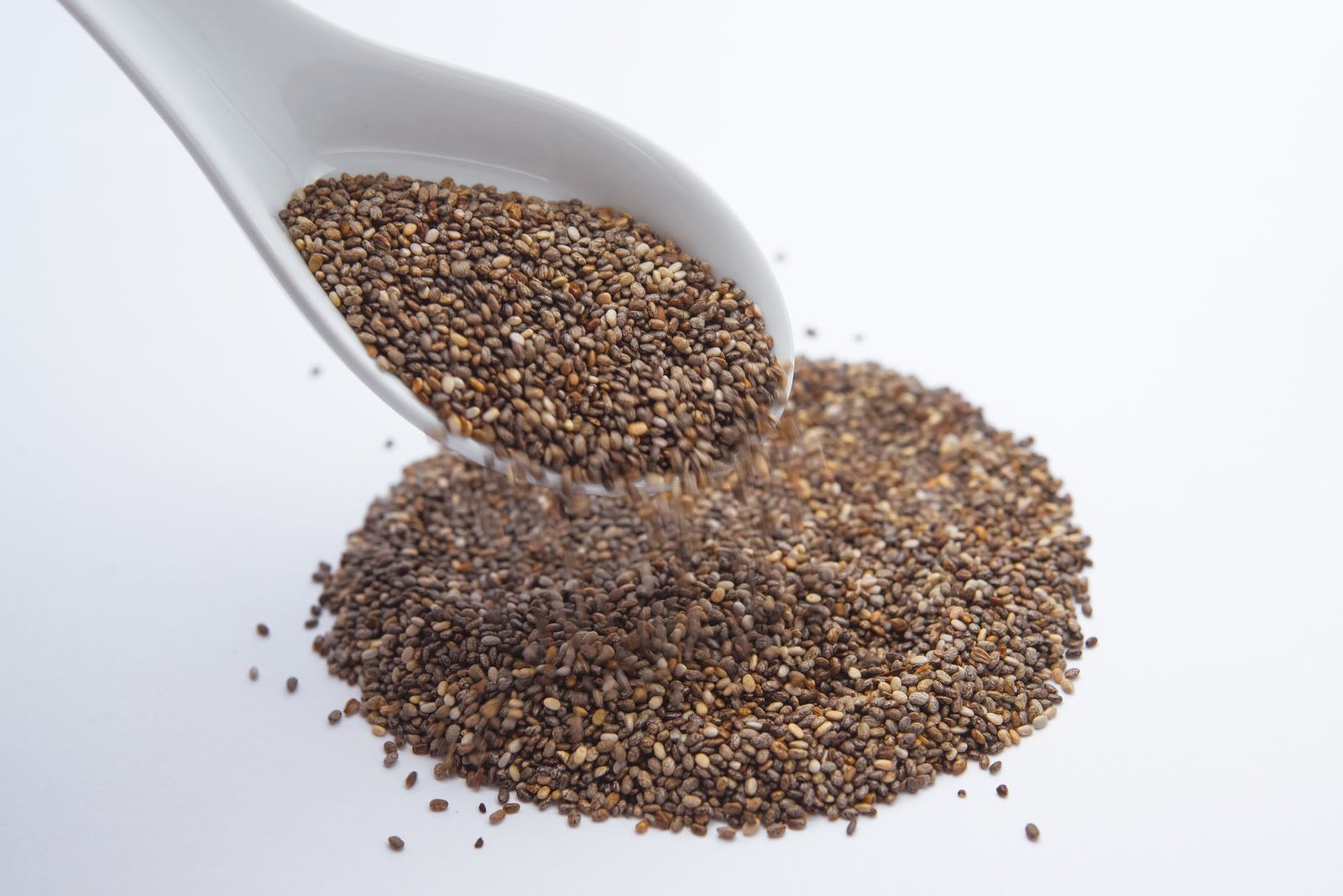
Chia seeds are popular as an antioxidant, reducing the development of several diseases. They are a rich source of omega fatty acids and fiber.
13). Coconuts
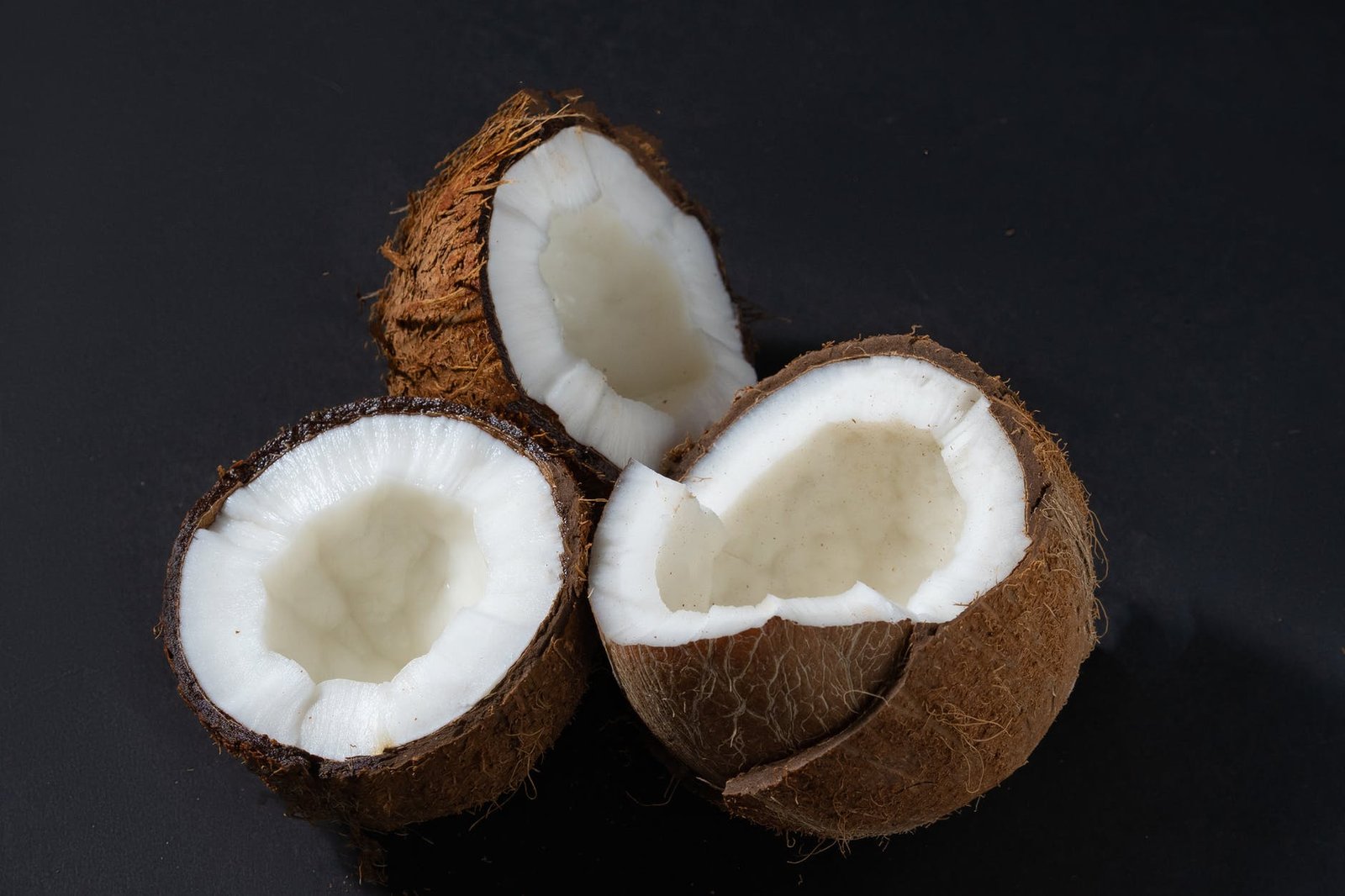
Coconuts are a rich source of powerful fatty acids called medium-chain triglycerides (MCTs). It belongs to the category of high-fat fruit, offering several health benefits like improved heart health and controlled sugar levels.
14). Macadamia Nuts
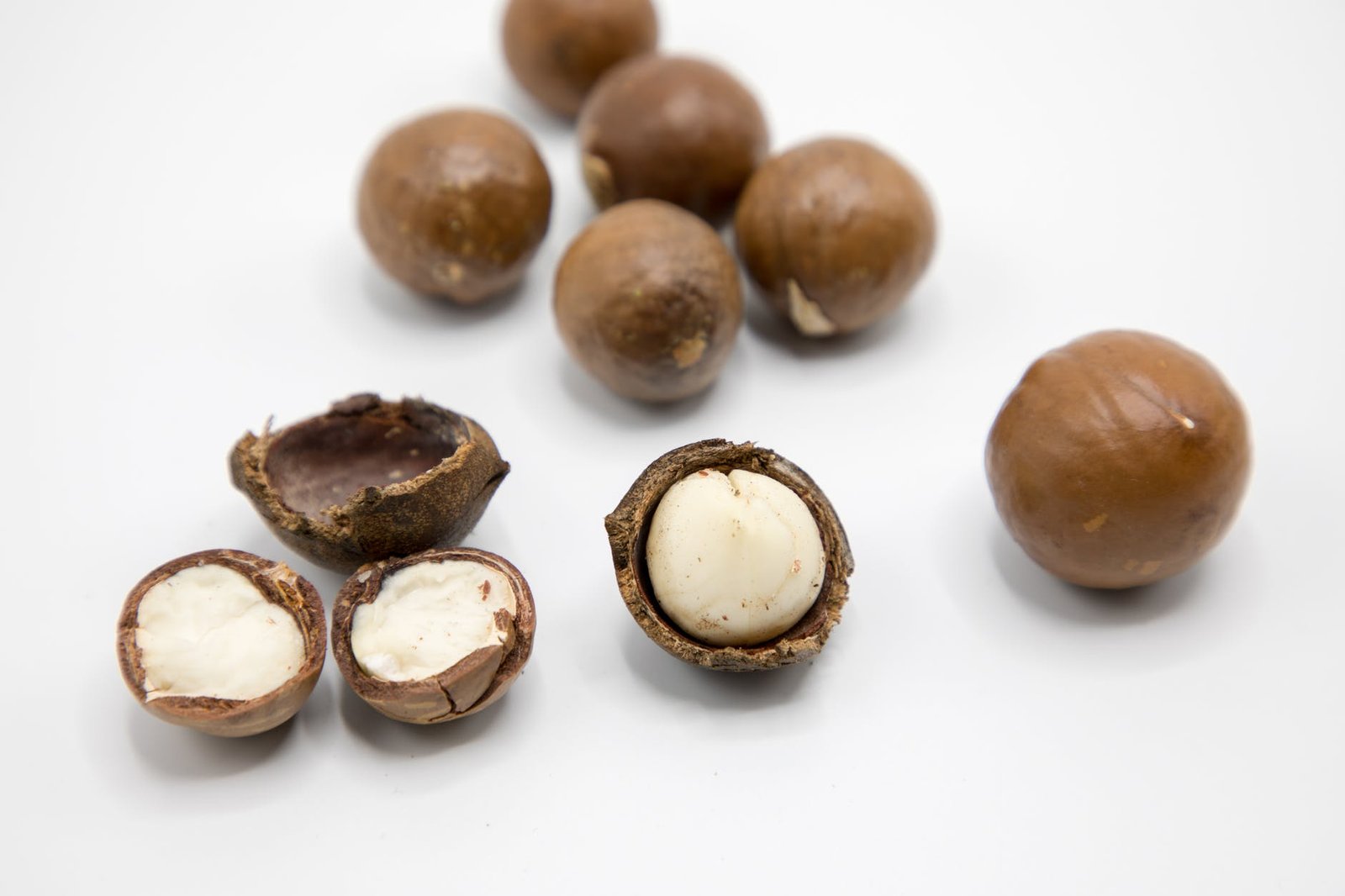
These nuts are naturally low in sugar and carbs. They offer essential nutrients like fiber and antioxidants, reducing the risks of diabetes and cardiovascular diseases. In addition, they are a great source of protein.
15). Walnuts

Walnuts offer healthy fats known as polyunsaturated fats. These are better than saturated fats. They are very nutritious being rich in fiber and plant compounds.
16). Asparagus
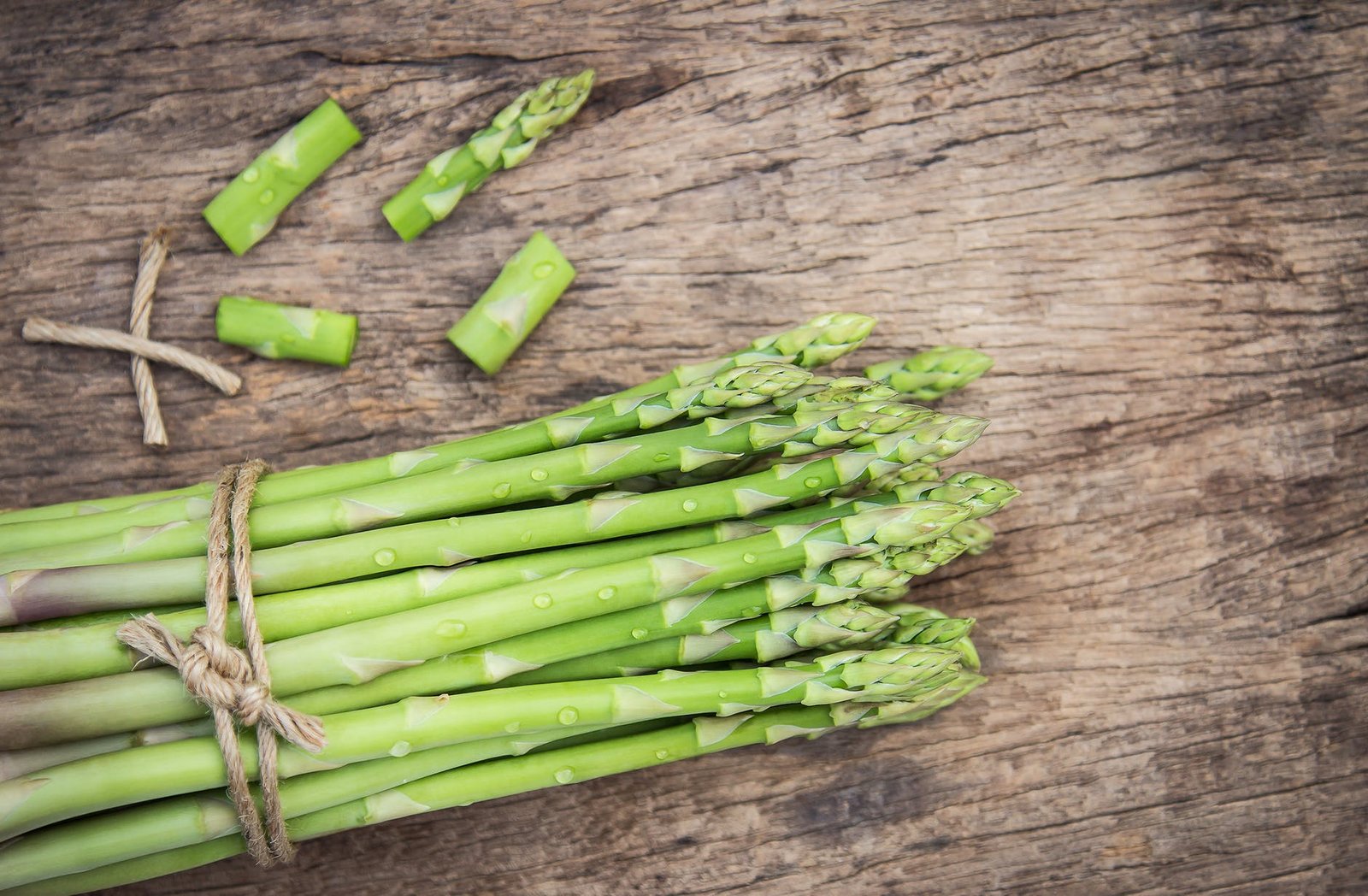
Asparagus is a popular vegetable, low in calories and carbs. They are rich in nutrients like fiber, folate, and several vitamins. It contains glutathione which promotes detoxification.
17). Bell peppers
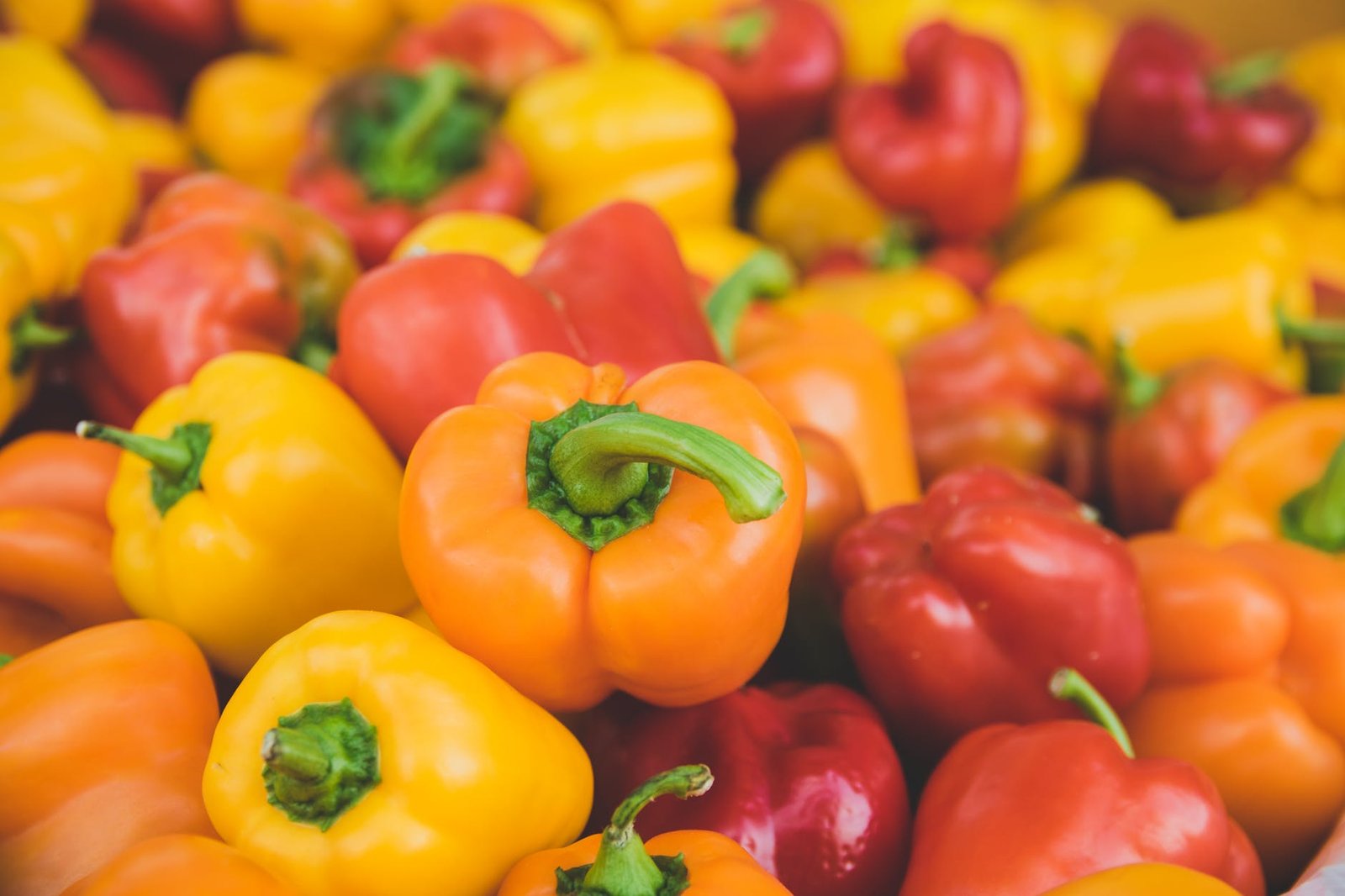
Bell peppers come in various colors, including green, yellow, and red. They are crunchy vegetables, offering several health benefits, such as better sight, improved status of chronic diseases.
18). Broccoli
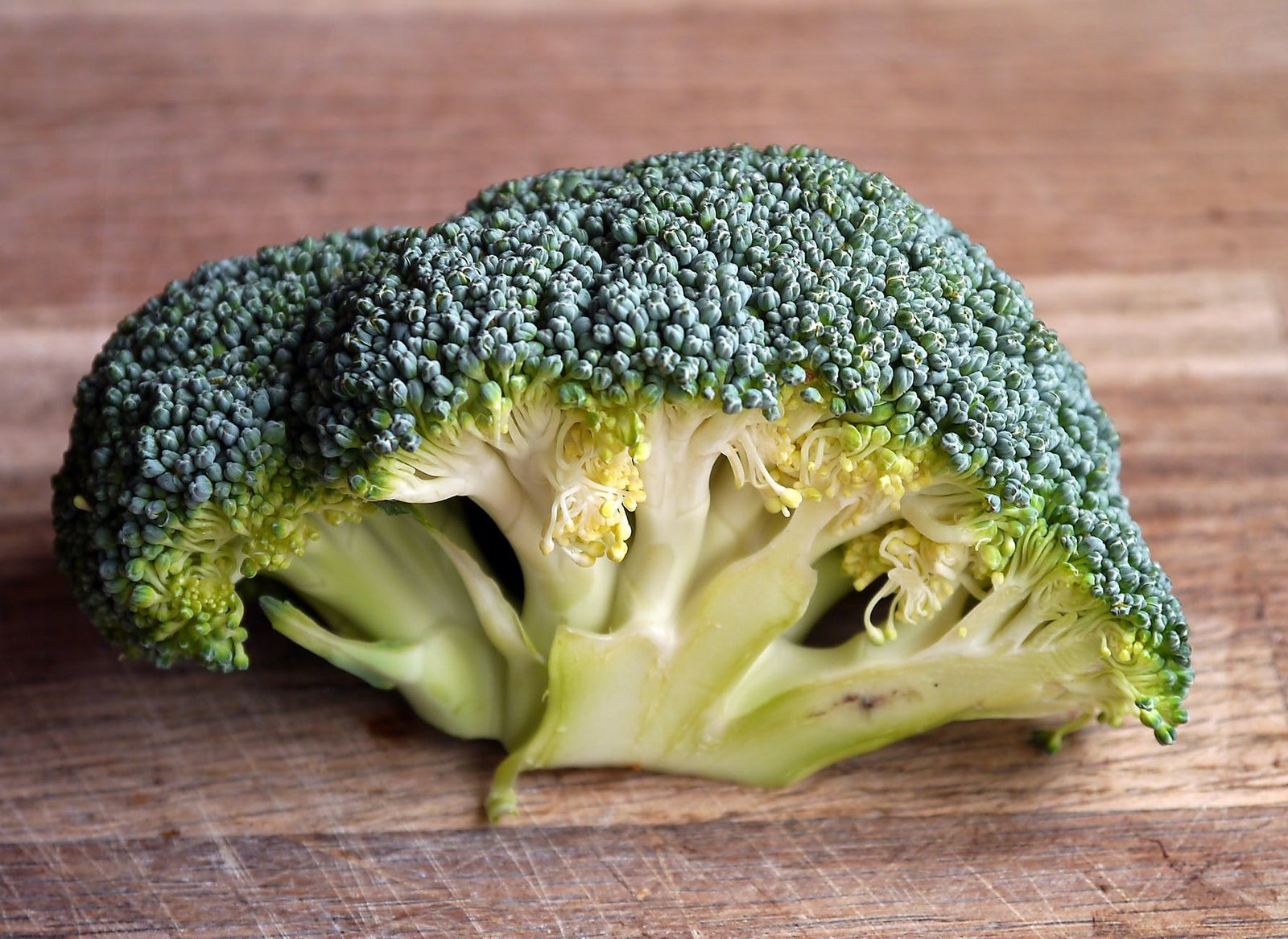
Broccoli is a vegetable that tastes good both raw as well as cooked. They are a great source of Vitamin K, zinc, and calcium, keeping the maintenance and performance of the body balanced. Compared to other vegetables, it consists of more protein levels.
19). Carrots

Carrots are root vegetables. They are crunchy, delicious, healthy, and high in nutrients. Carrots are high in fiber, Vitamin K1, potassium, carotene, and other antioxidants, offering several health benefits. Carrots are weight-loss friendly and keep cholesterol levels low.
20). Cauliflower
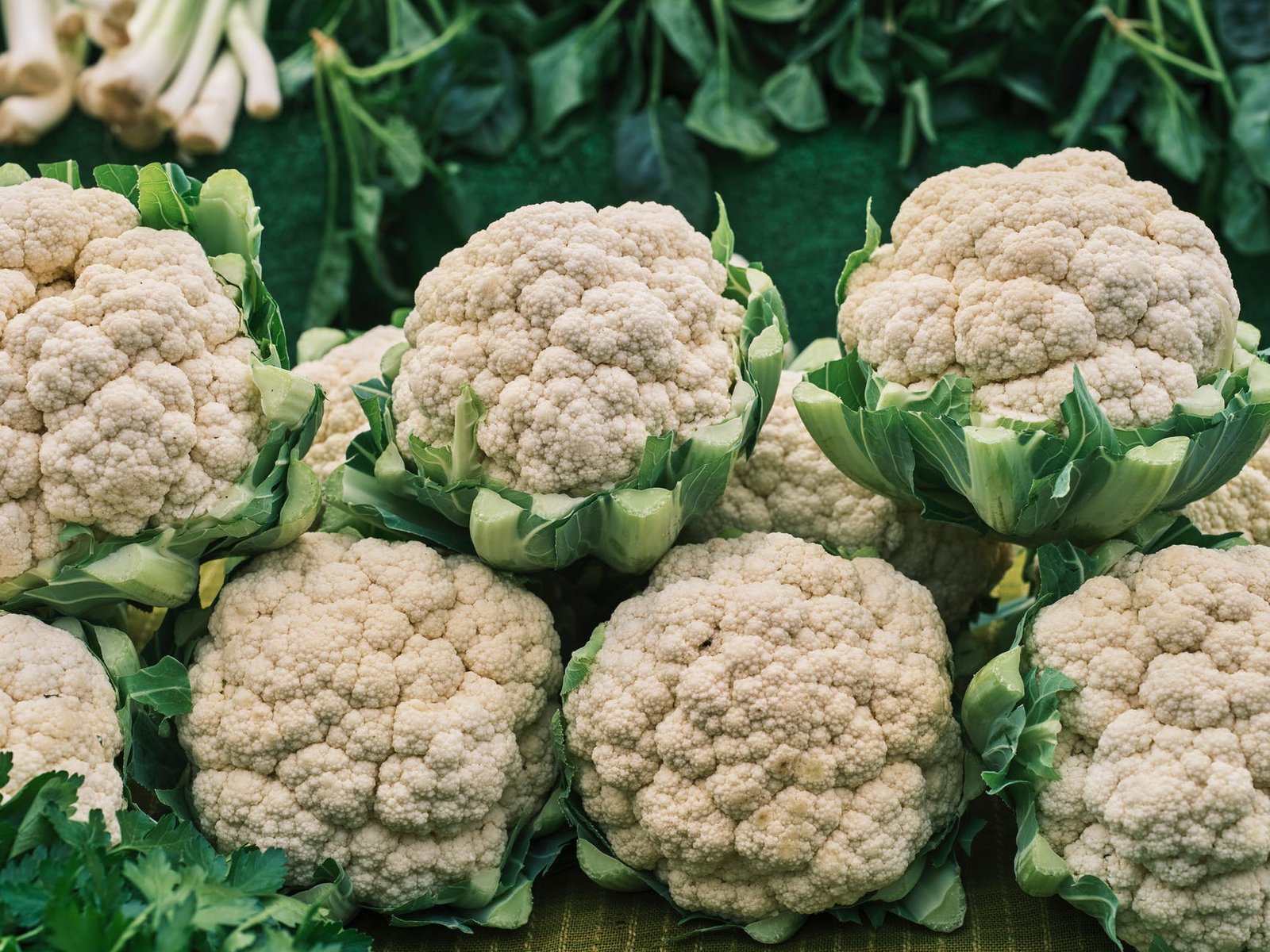
Cauliflower is one of the cruciferous vegetables. It is naturally rich in fiber and vitamin B. In addition, they are rich in phytonutrients and antioxidants, protecting against cancer. The fiber component enhances weight loss and provides an increment in the memory.
21). Cucumber
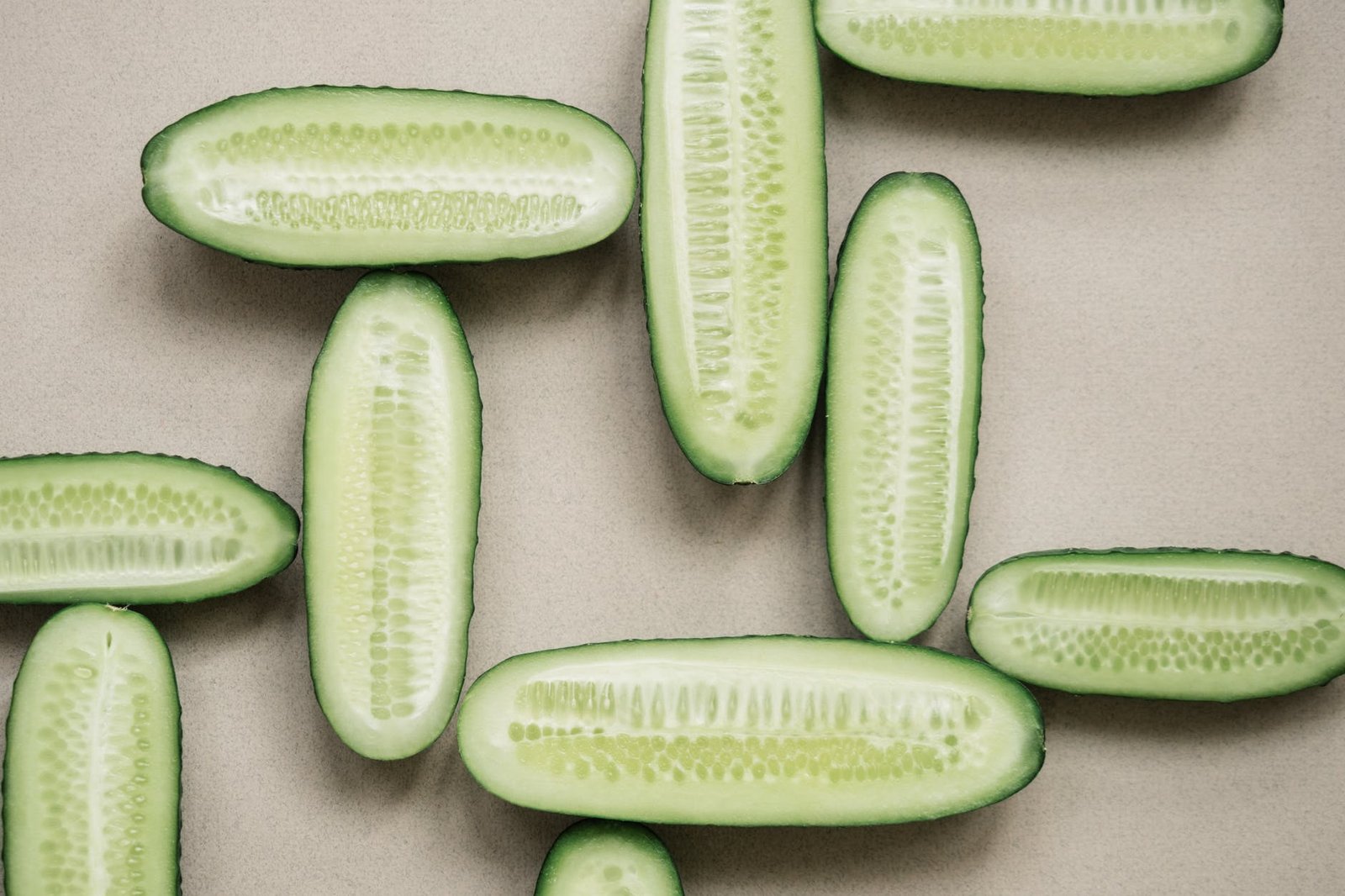
Cucumber is a low-calorie veggie with a high proportion of vitamins and minerals. They are rich in water content, providing several health benefits like better digestion, balanced hydration, and enhanced weight loss.
22). Garlic
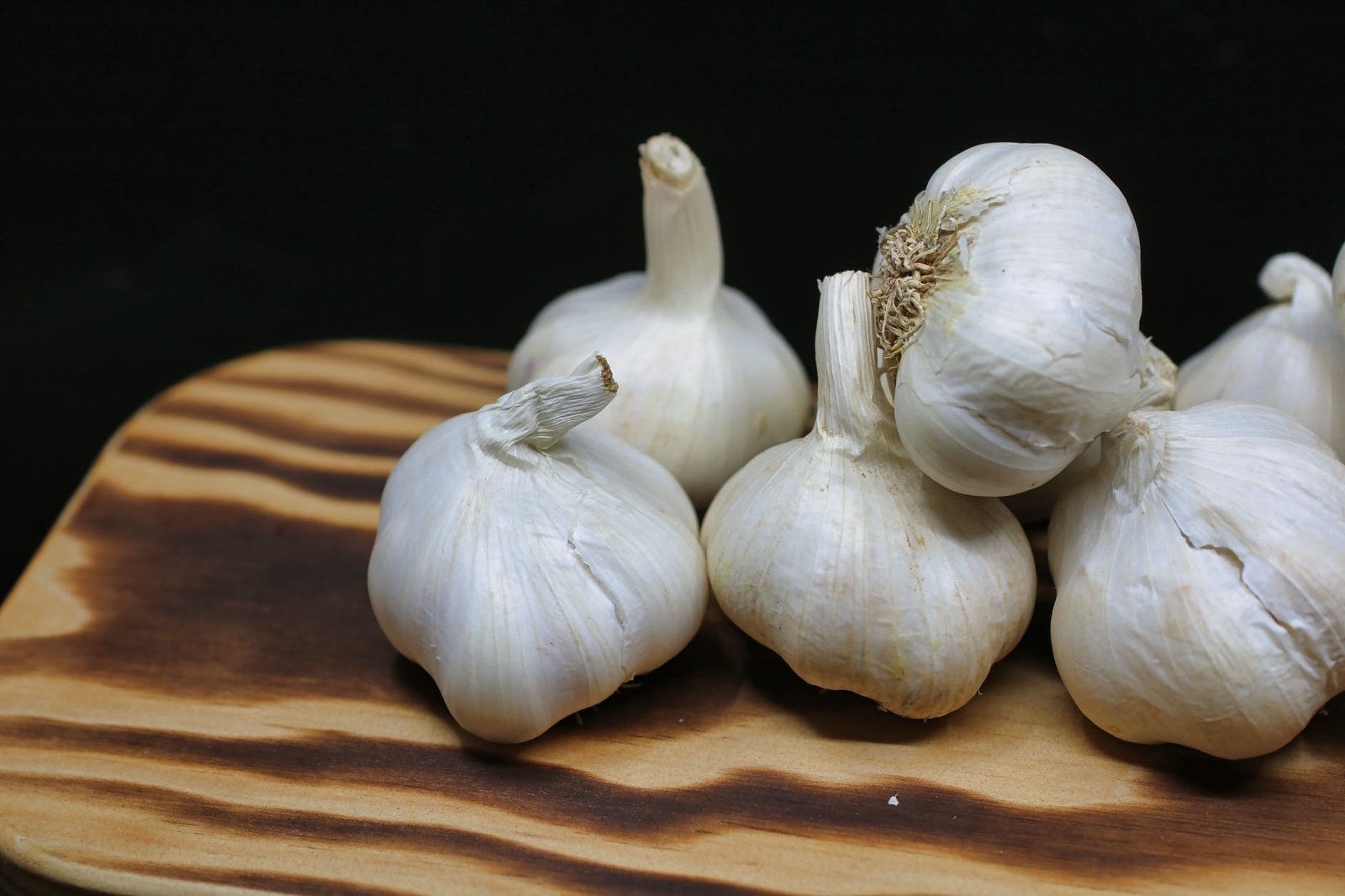
Garlic is known for containing antioxidants that support the body and detoxify it. It releases antioxidant enzymes to release oxidative stress.
23). Kale

Kale is a leafy vegetable rich in fiber, vitamins C and K, iron, and calcium. The folate and Vitamin B that it provides has proven to be beneficial for brain development. The healthy nutrients in Kale help in lowering cholesterol, preventing cancer, and helping you lose weight.
24). Tomatoes
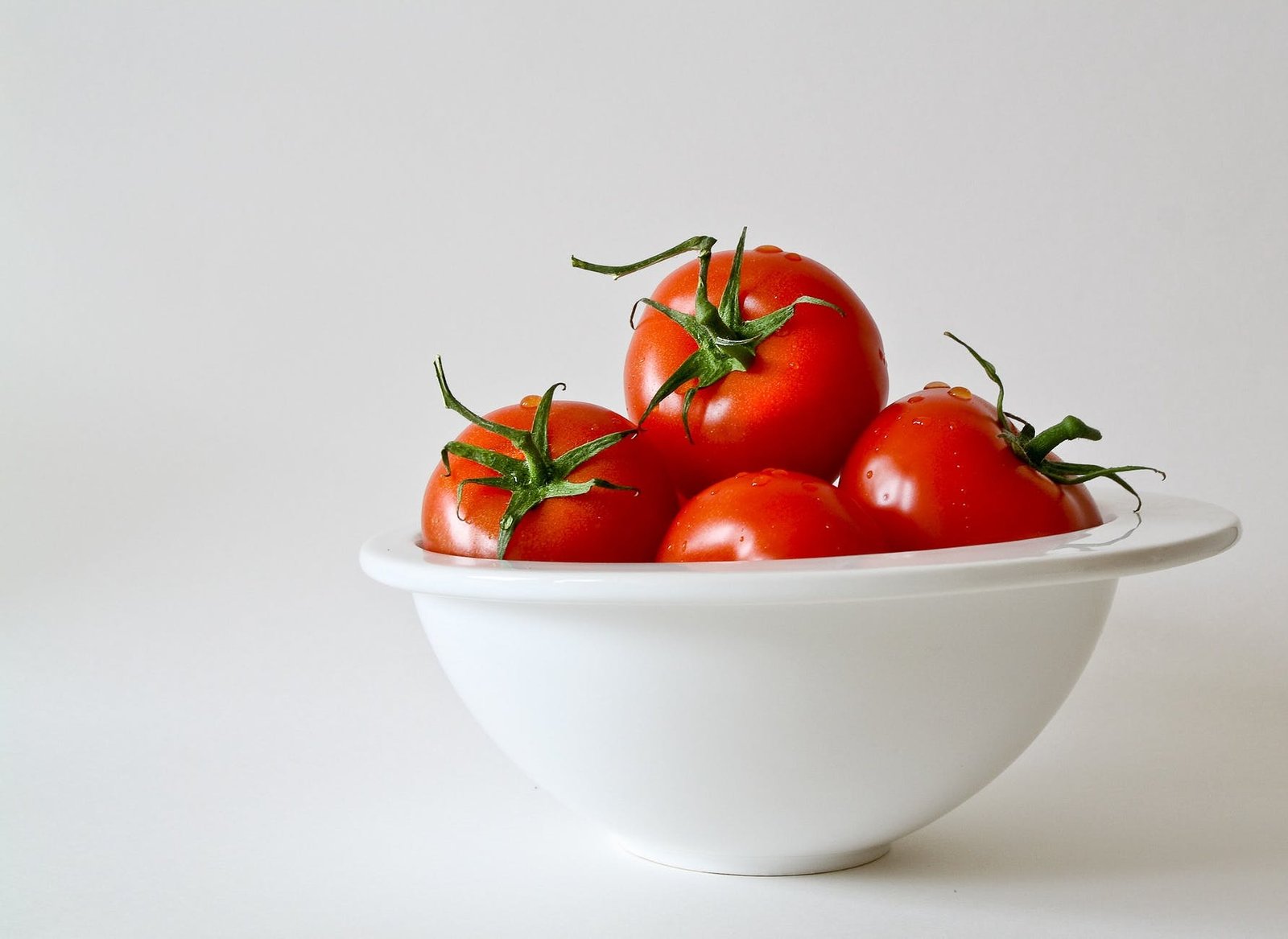
Tomatoes are a major source of antioxidant Lycopene, providing innumerable health benefits. The bright red colour of tomatoes helps as coverage from harmful UV rays of the sun. In addition, it is also rich in vitamin C, potassium, folate, and vitamin K, protecting cells from damage.
25). Onions
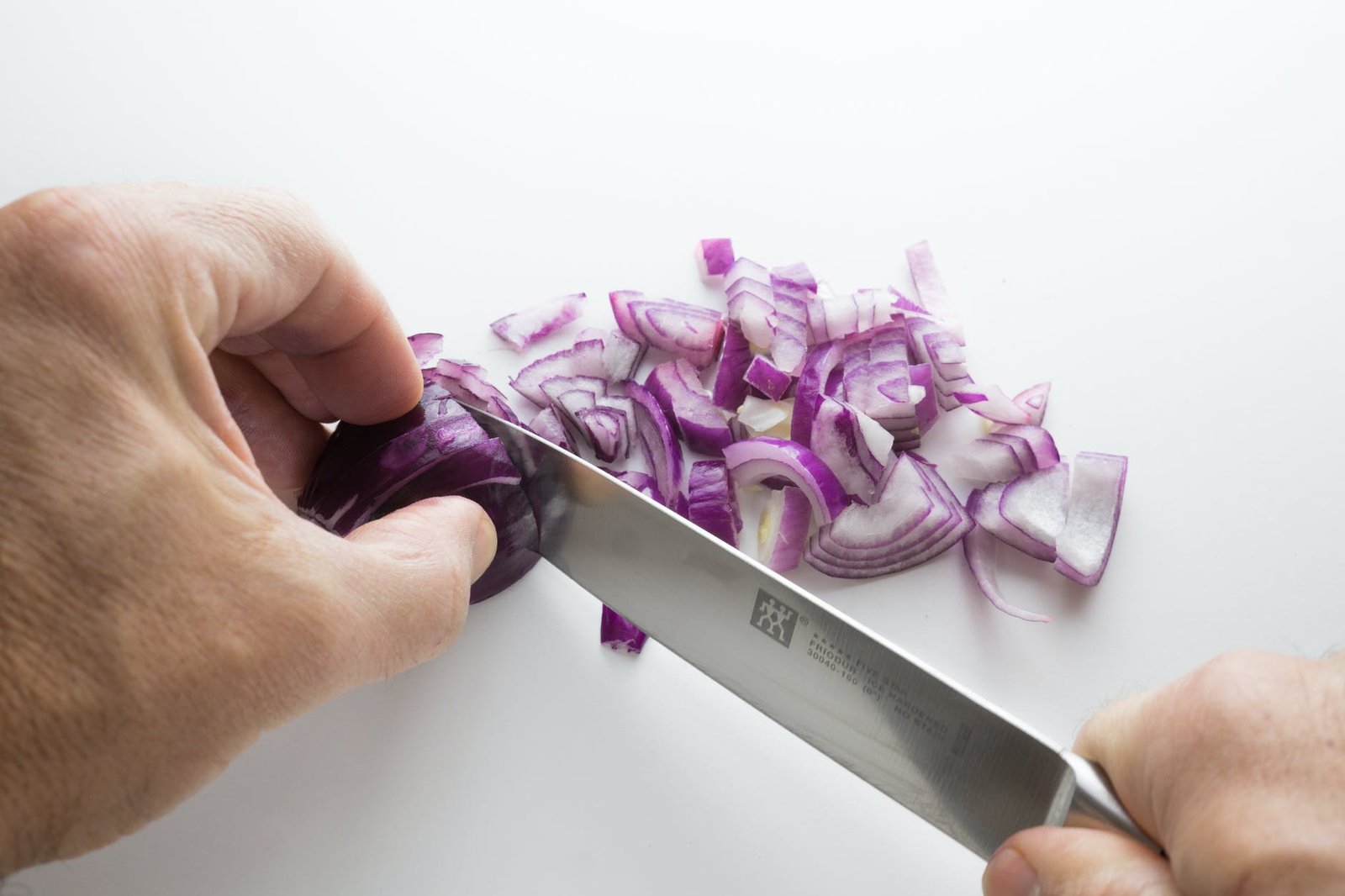
Onions are the richest source of quercetin. It prohibits the creation of cancer elements. Other than this, onions also consist of a high level of potassium which is beneficial for lowering the level of blood pressure.
26). Salmon

A 4 ounce of Salmon has about 200 calories. The level of saturated fat is very low. In addition, it is a good protein source as well. The nutrients it offers also include B12, iron, potassium, and vitamin D.
27). Sardines

Taking sardines in your diet gives you great benefits, you may not know that it provides 2 grams of heart-healthy omega-3s per 3 ounces serving. It also contains a decent amount of calcium and vitamin D which is good for your bone health.
28). Shellfish

If you want to eat a great source of protein then you must add shellfish to your meal. It is a great source of lean protein however, unlike other proteins this protein is very easy to digest. A decent amount of protein is necessary for the growth and repair of your body.
29). Shrimp

Shrimp contains a huge variety of benefits as it is a great source of vitamins, minerals as well as protein. The best part is shrimp is suitable for your heart and brain health because of omega-3 fatty acids and the antioxidant astaxanthin( 6, 11, 12, 13 ).
30). Trout

Eating trout contains several benefits and is a great source of protein, niacin, vitaminB12, and omega 3 fatty acids. According to research on omega, 3 fatty acids reduce inflammation and reduce the risk of heart diseases, cancer, and arthritis.
31). Tuna

Tuna is the best source of Vitamin B12. It is one of the important vitamins that is required to make DNA. Furthermore, the high level of omega – 3 fatty acids in tuna help in reducing the level of omega-6 fatty acids as well as LDL cholesterol, which automatically helps in accumulating inside the arteries of the heart.
32). Brown Rice
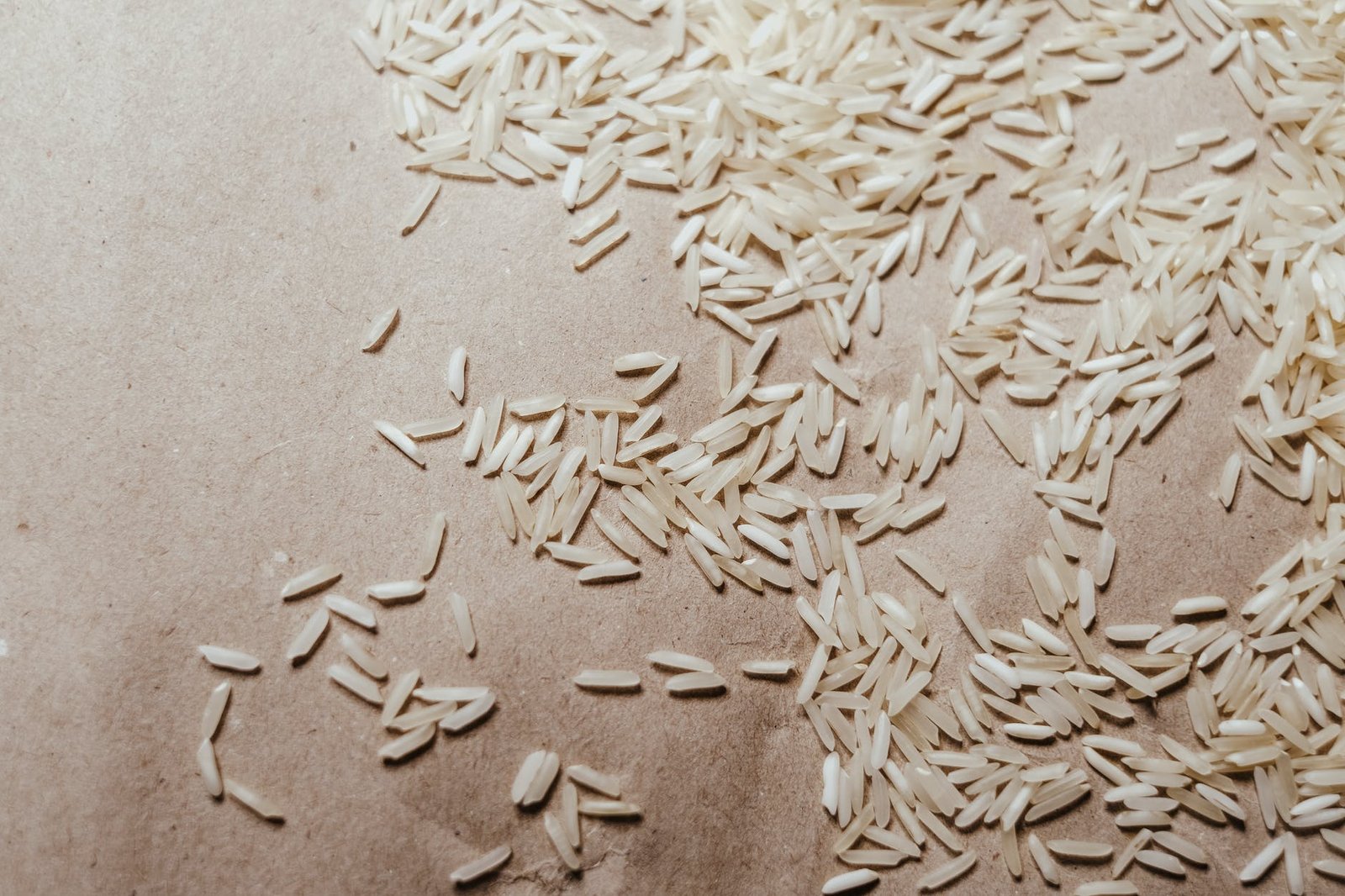
Consumption of brown rice is increasing day by day. It is a great source of dietary fiber that helps in reducing the risk of death due to any type of heart disease. This rice contains a very high level of magnesium and more dietary fiber than white rice.
33). Oats
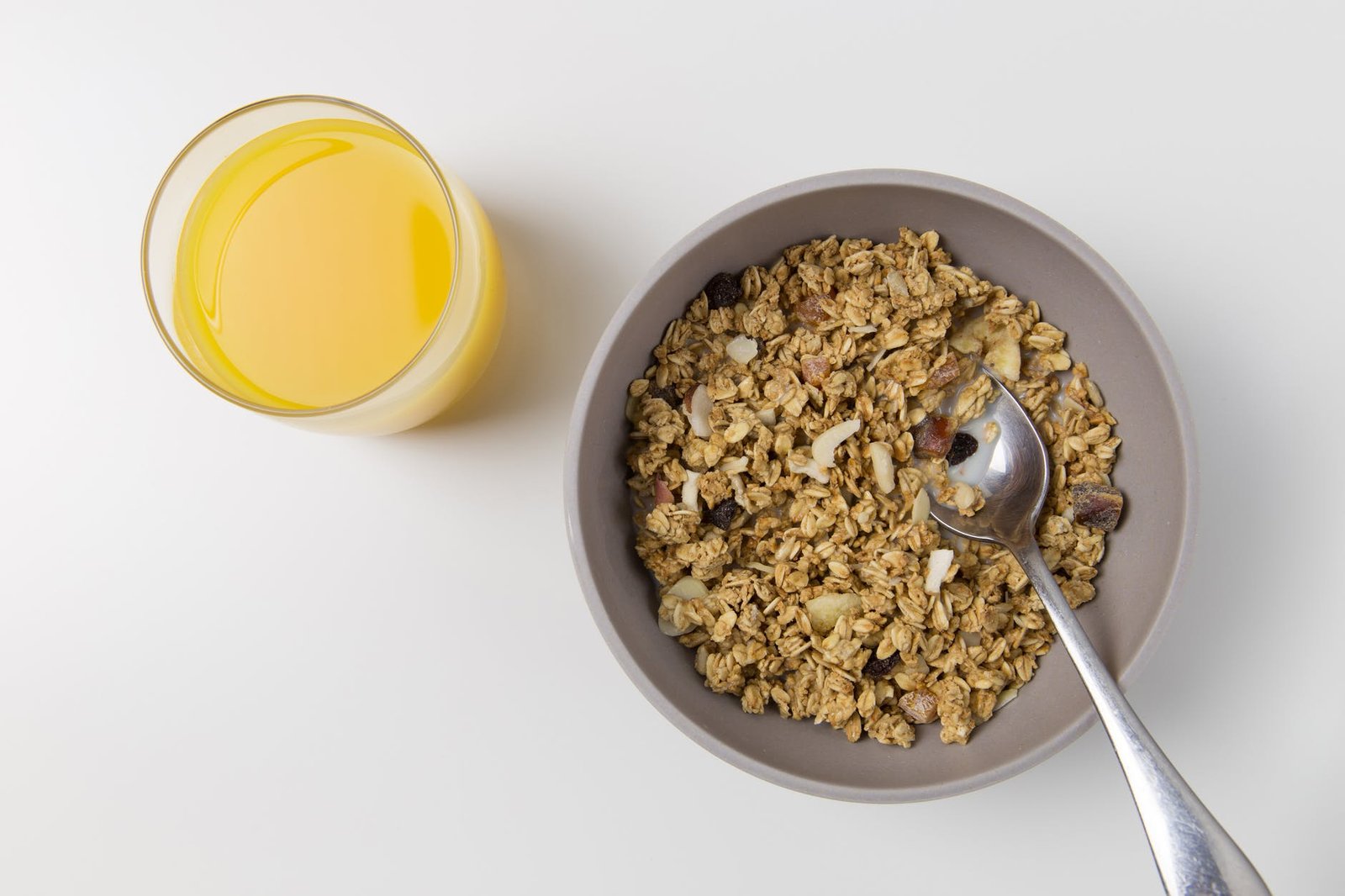
Oats are considered one of the healthiest grains on this earth plus they are gluten-free as well. It is a great source of vitamins, minerals, fiber, and antioxidants. It helps you lose weight, lowers blood sugar levels, and lessens the chances of heart diseases.
34). Quinoa
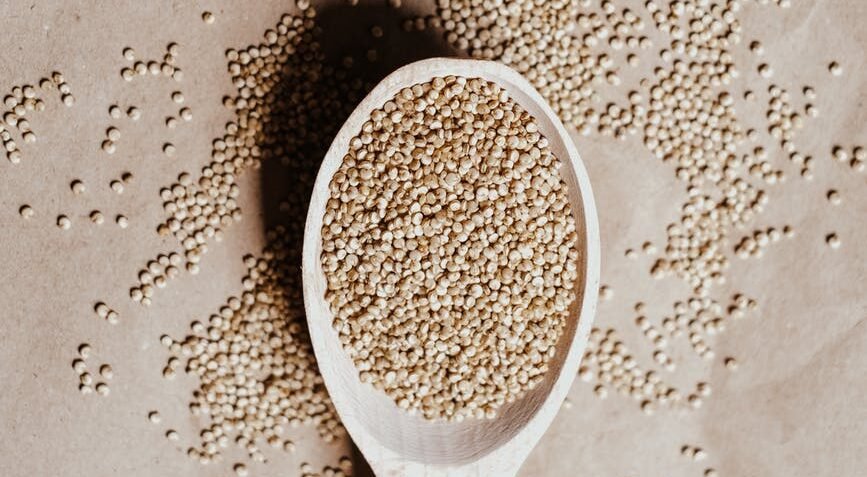
Quinoa includes the best nutritional advantages like high protein content. It contains more protein than oatmeal. Moreover, 1 cup of Quinoa holds 8 grams of protein.
35). Ezekiel Bread
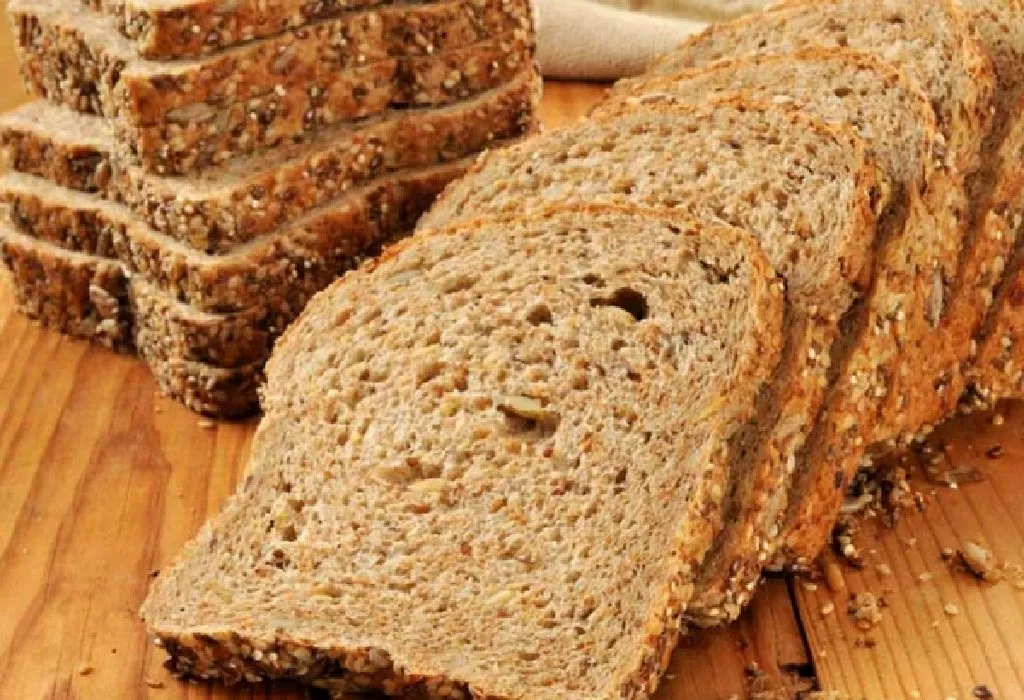
Ezekial Bread is made up of several different types of grains, including wheat, millet, barley, spelt, soybeans and lentils. The nutrients of such grains and legumes contribute to making the bread more delicious and digestible. Other than nutrients, this bread is high in fiber, which brings down its cholesterol levels.
36). Homemade slices of bread
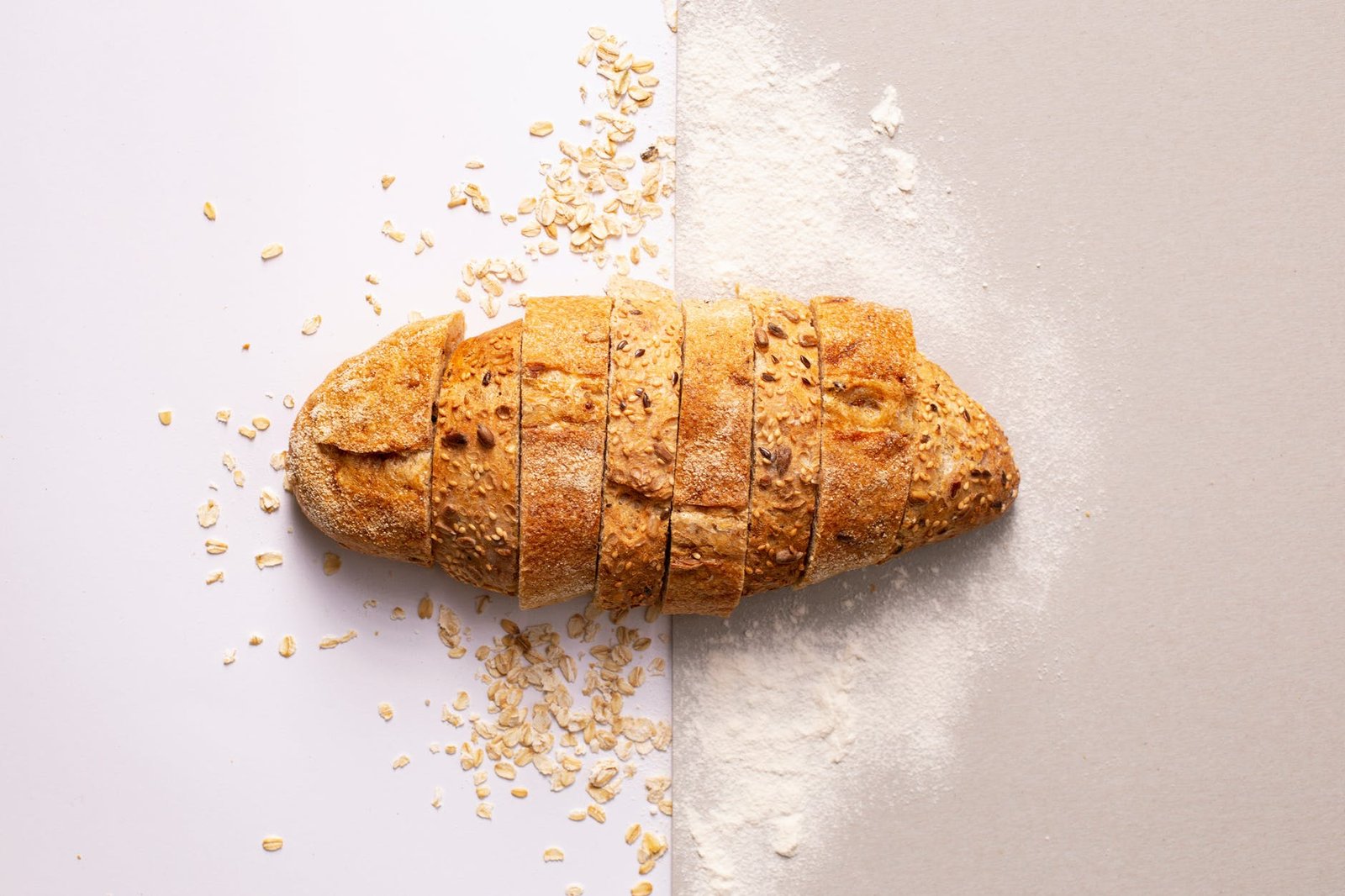
Homemade slices of bread have an edge over other loaves of bread as they are free of any preservatives. The usual commercially manufactured bread can never provide as many nutrients as a homemade slice of bread does. Compared to others, it has less sugar and more dietary fiber.
37). Green beans

Green beans are highly rich in Vitamin K and calcium. Eating green beans makes your body and beans stronger and more fit. One cup of raw green beans contains 12.2 mg. In addition, the vitamin B component also reduces depression and anxiety.
38). Kidney beans
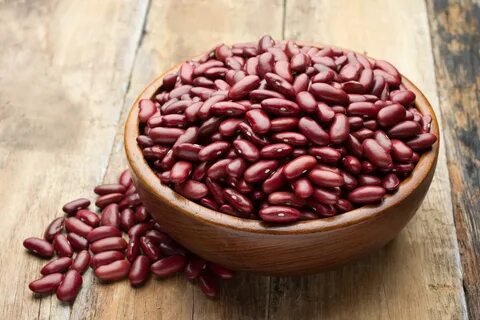
Kidney beans are a plant source of protein. It offers various unique and healthy minerals and vitamins. It is also rich in antioxidants that help in weight loss, maintaining moderate sugar levels.
39). Lentils

Lentils are a great choice for someone suffering from or who wants to prevent heart diseases. It has a high fiber, iron, and potassium content. Daily consumption of lentils can help in enhancing indigestion and preventing constipation.
40). Peanuts

Peanuts contain a large number of fats. However, it is considered good fat. Such good fat helps in maintaining your cholesterol levels. In addition, they are also a rich source of magnesium, fiber, and protein.
41). Cheese
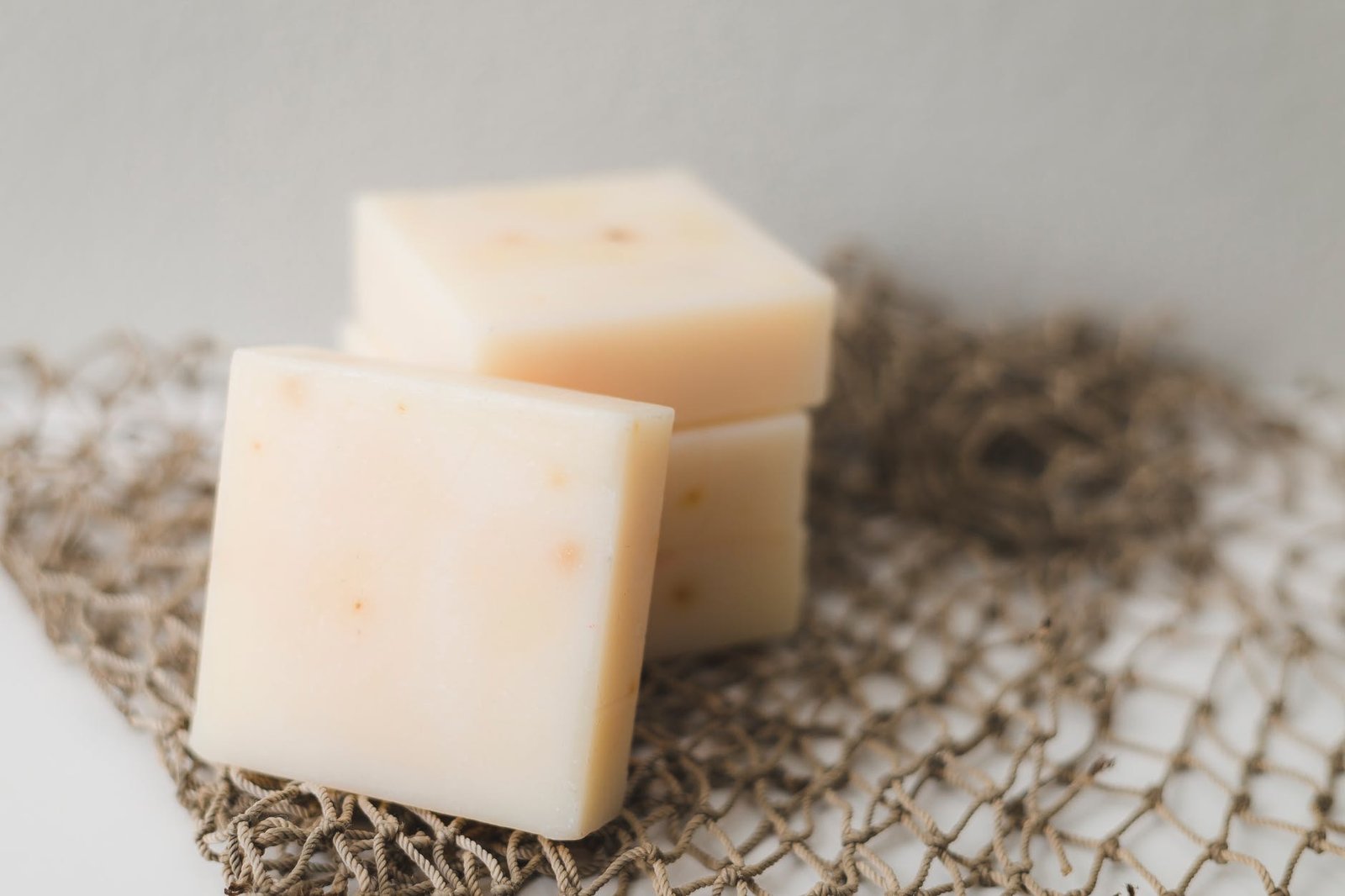
Cheese is a great source of calcium, fat, and fiber. It gives your body healthy fat when eaten in moderation. It contains zinc, phosphorus, vitamin A and B12. Furthermore, it also facilitates the growth of cells, making your skin glow.
42). Whole milk

Whole milk is a major source of VitaminD. It is a full package of significant nutrients that your body needs. It includes calcium, phosphorus, B vitamins, potassium, and vitamin D.
43). Yoghourt

Yoghourt is an amazing source of B complex vitamins, proteins, magnesium, and calcium. Yoghurt helps in improving metabolism and provides protection to bones and teeth. In addition, it contains probiotics, enhancing the gut microbiota.
44). Butter from grass-fed cows

Butter from grass-fed cows is more nutritious and healthy than usual Butter. It is rich in Vitamin A and other fat-soluble vitamins. It provides 26% more omega-3 fatty acids than any other usual butter. The vitamin A component is an important nutrient essential for the vision, immune, and functioning of the body.
45). Coconut oil
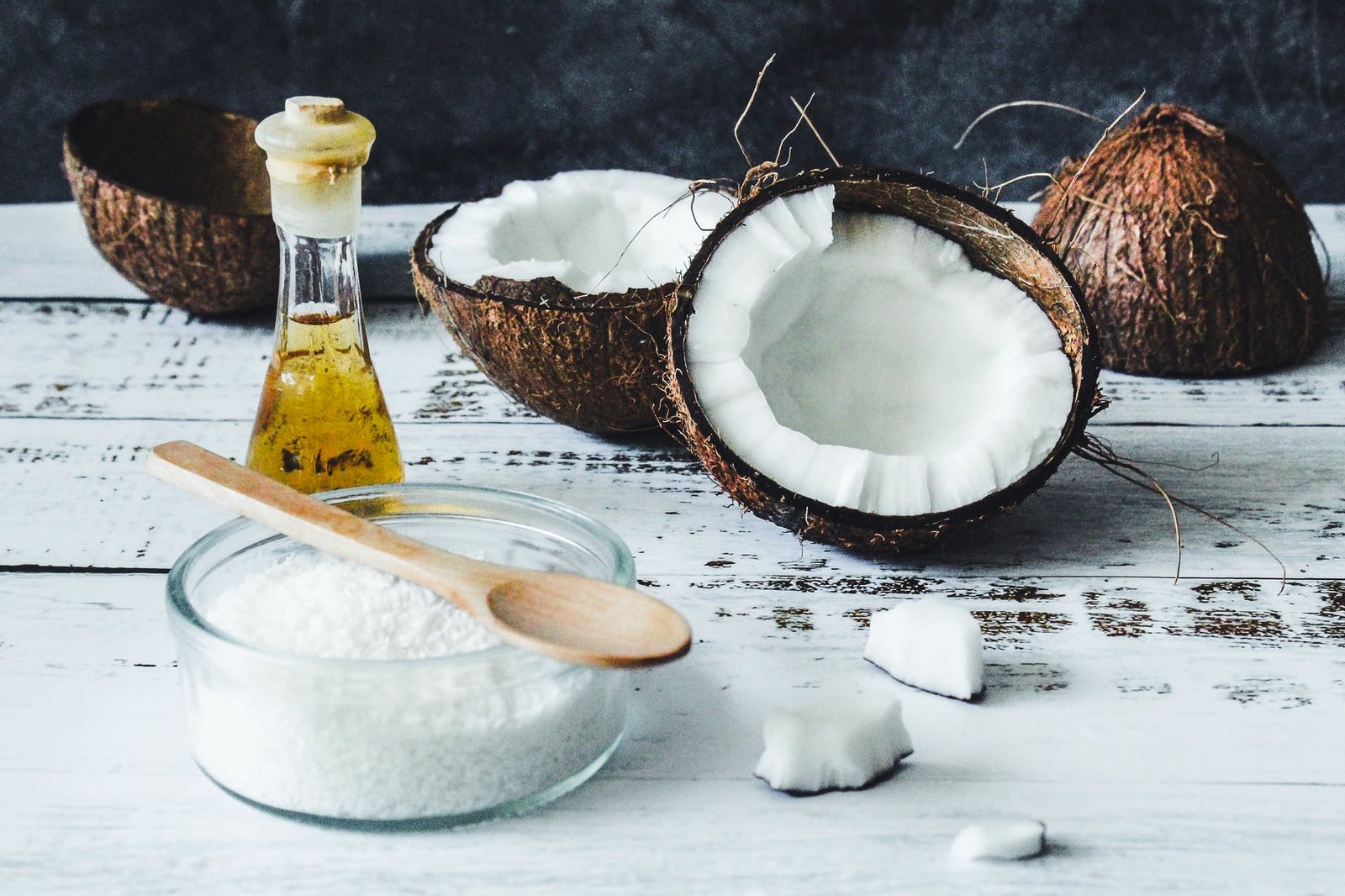
Coconut oil is one of the most beneficial oils. It offers several health and diet benefits. Eating coconut oils encourages the burning of unhealthy fat contributing to weight loss. Coconut oil also provides additional energy.
46). Extra virgin olive oil
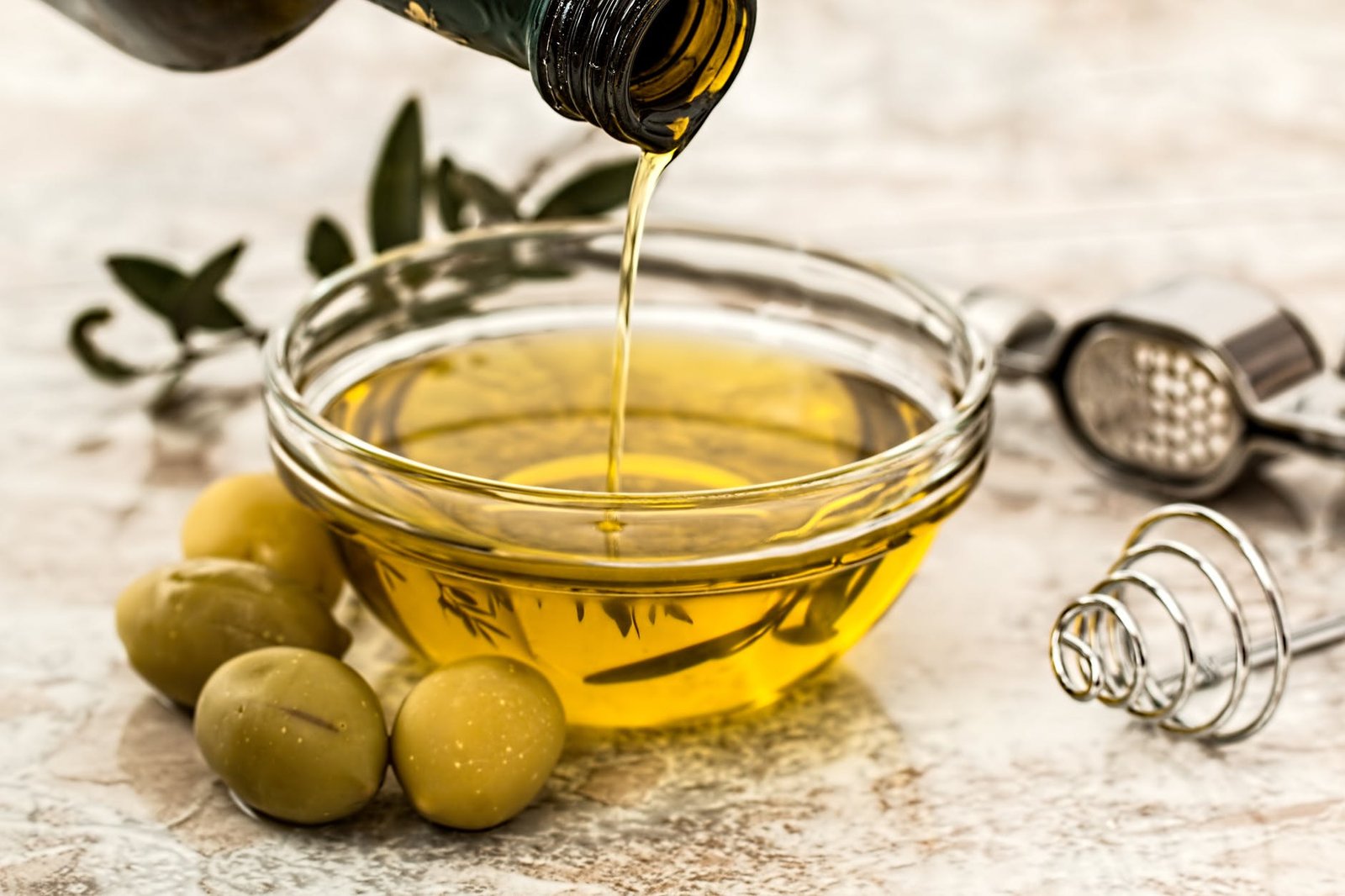
Extra virgin olive oil provides a full package of healthy fats and antioxidants. It has a long list of health benefits to offer. It protects you against inflammation, heart disease, breast cancer, and type 2 diabetes.
47). Potatoes
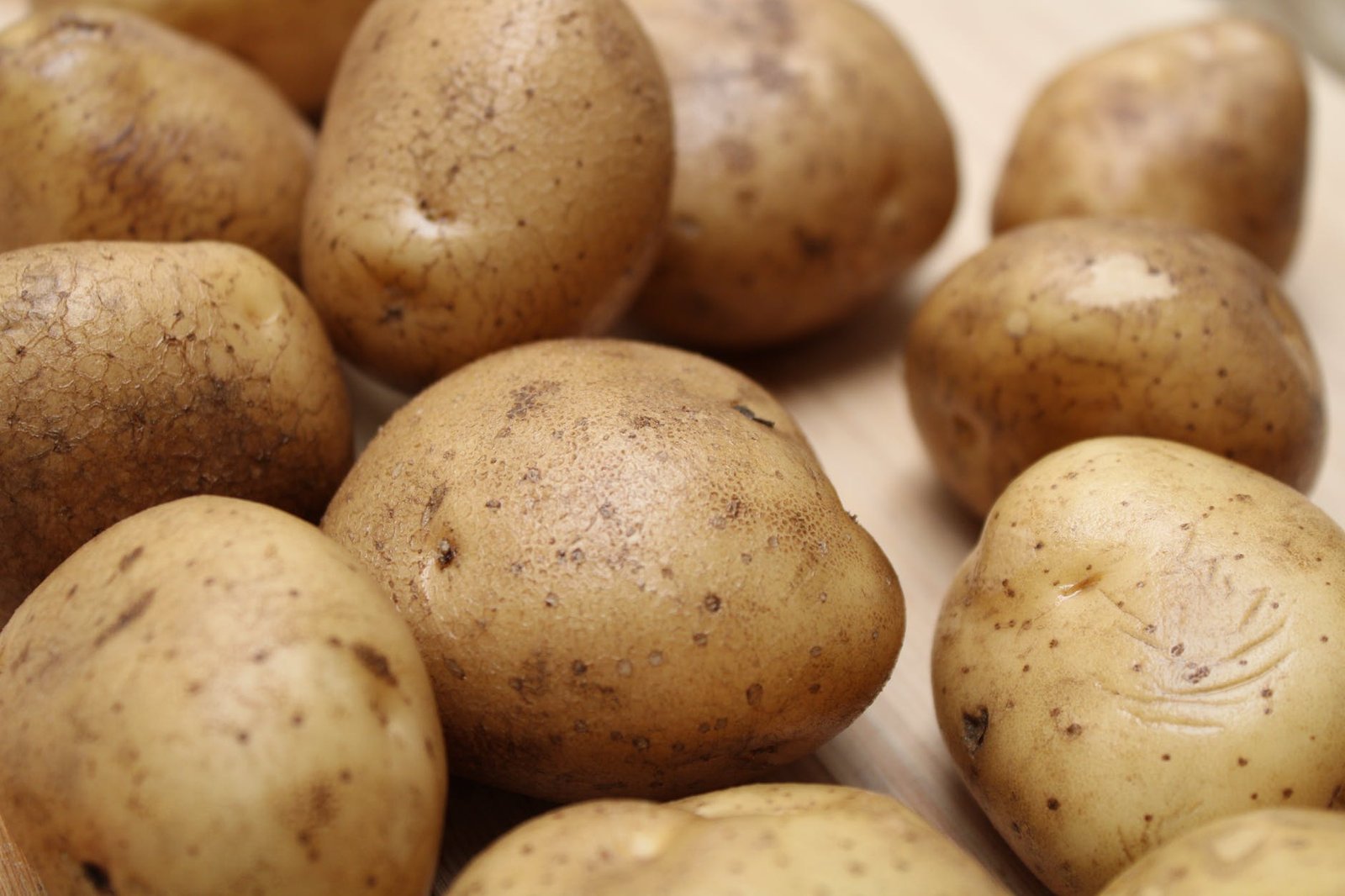
Potatoes are a rich source of fibre and carbohydrates. It keeps you full and content for longer durations, helping in weight loss. The fibre contained in potatoes prevents heart diseases and helps in keeping cholesterol levels down.
48). Sweet Potatoes
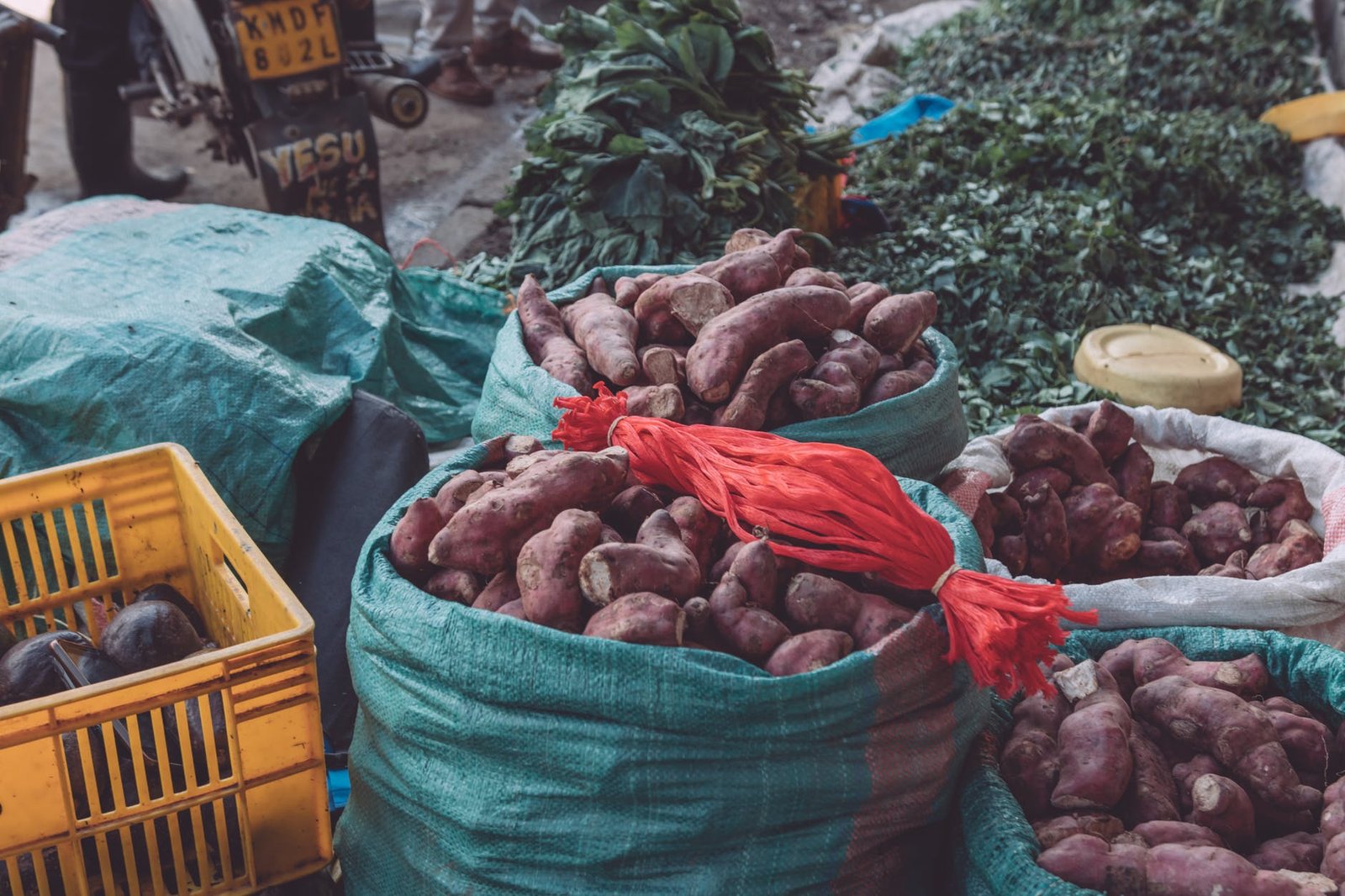
Sweet potatoes are sweet and starchy root vegetables. They are highly nutritious, providing a great source of fibre, vitamins, and minerals. Also, The antioxidants of sweet potatoes promote gut health.
49). Apple cider vinegar
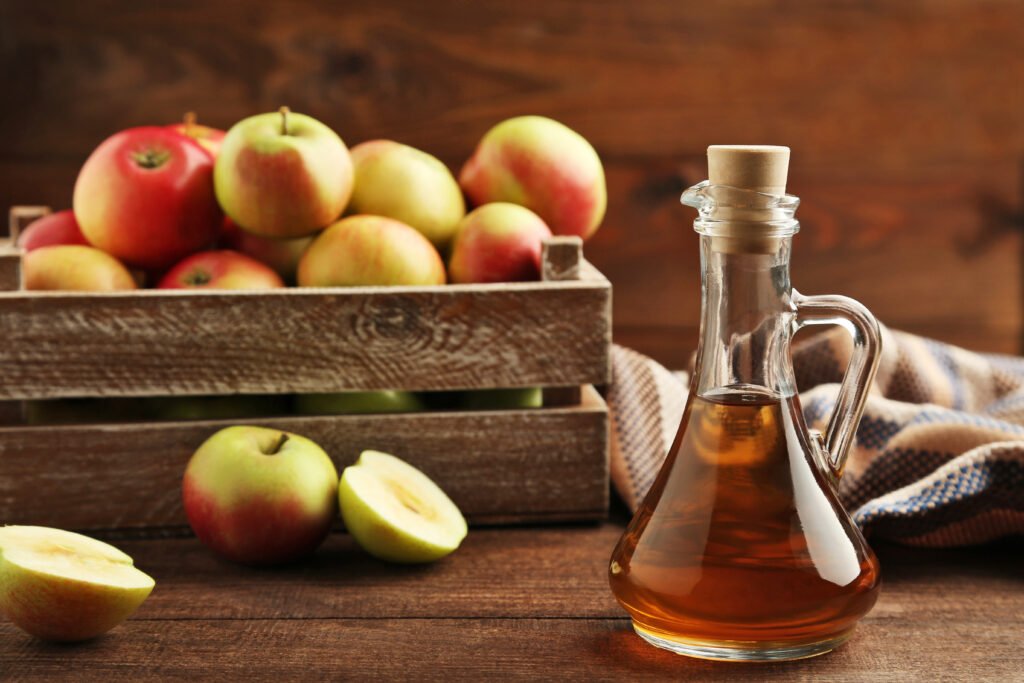
Apple cider vinegar is rich in healthful substances. It contains acetic acid, which can kill harmful bacteria. And acts as a natural preservative. It further contributes to lowering sugar levels and managing diabetes.
50). Dark chocolate
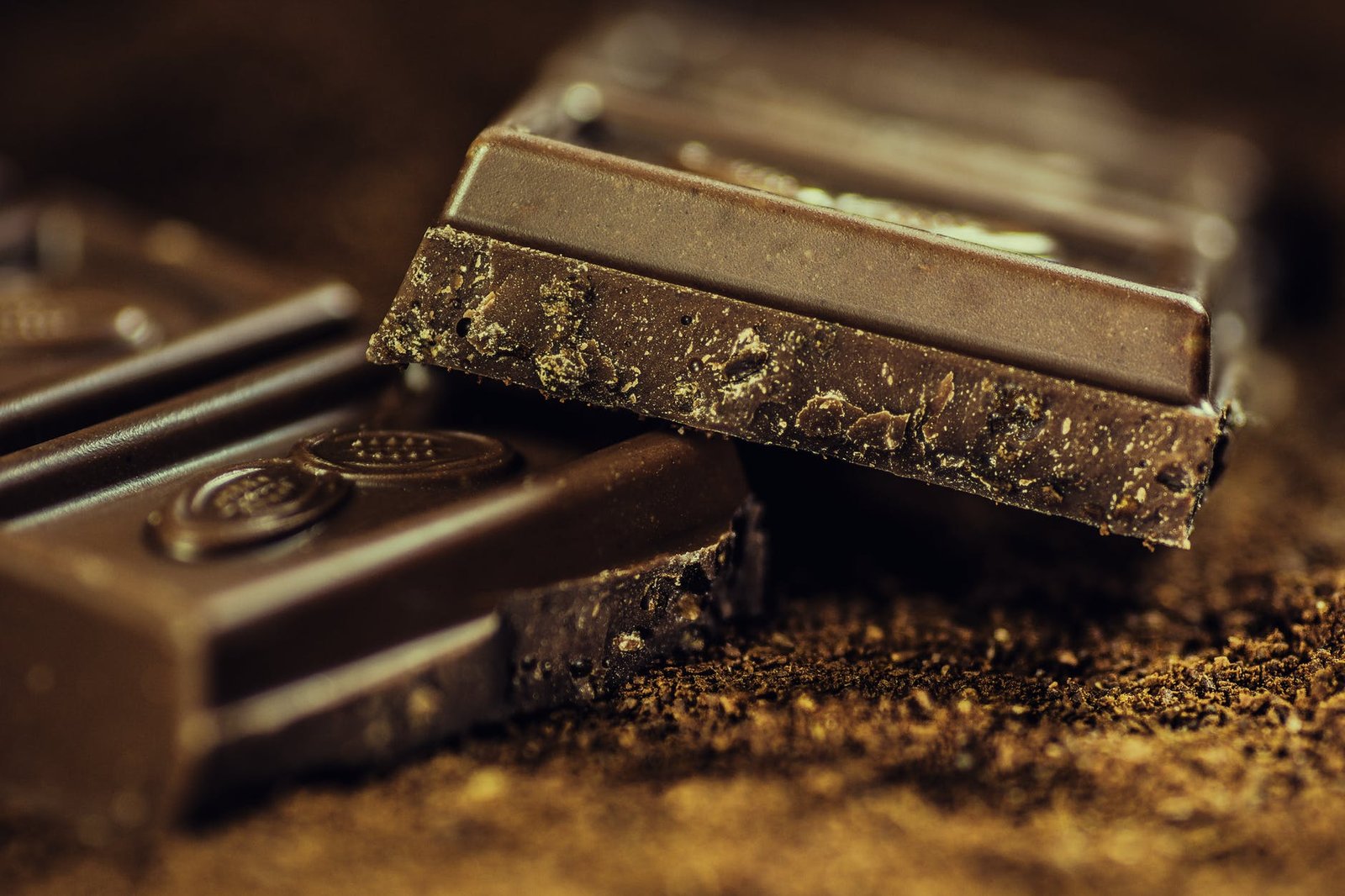
Dark chocolate is a rich source of antioxidants and minerals. Its sugar is very low compared to milk chocolates. Dark chocolate is also a powerful source of antioxidants. It has proven to bring down the risk of heart disease, reduce inflammation and insulin resistance.
51). Spinach

Spinach is known as a fibre package. It contains many vitamins and minerals like Vitamin A, Vitamin C, Vitamin K, iron, folate, and potassium. Spinach supports your immune system and strengthens it.
52). Mustard Greens
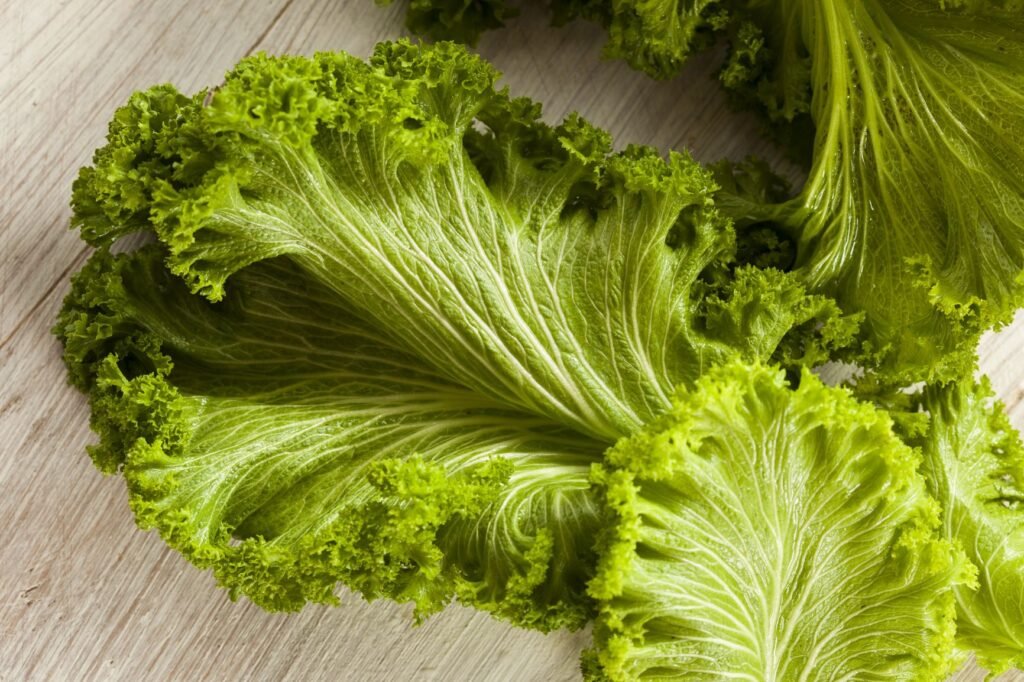
Mustard greens are rich in beta carotene, which is an antioxidant. It provides several vitamin B components, including thiamine (B1,) niacin (B3,) and pyridoxine (B6). Mustard Greens protect your skin and lower the chances of diabetes.
53). Watercress

Watercress provides high levels of Vitamin C, supporting your immune system and helping you heal from injuries quickly. It is popular as a powerhouse vegetable. It is very low in calories and rich in minerals.
54). Artichokes

Artichoke is a special vegetable known for its medical potential. Its health benefits include lower blood sugar levels, improved digestion, improved heart health, and liver health. One medium artichoke has less than one gram of fats and 60 calories.
55). Pickles
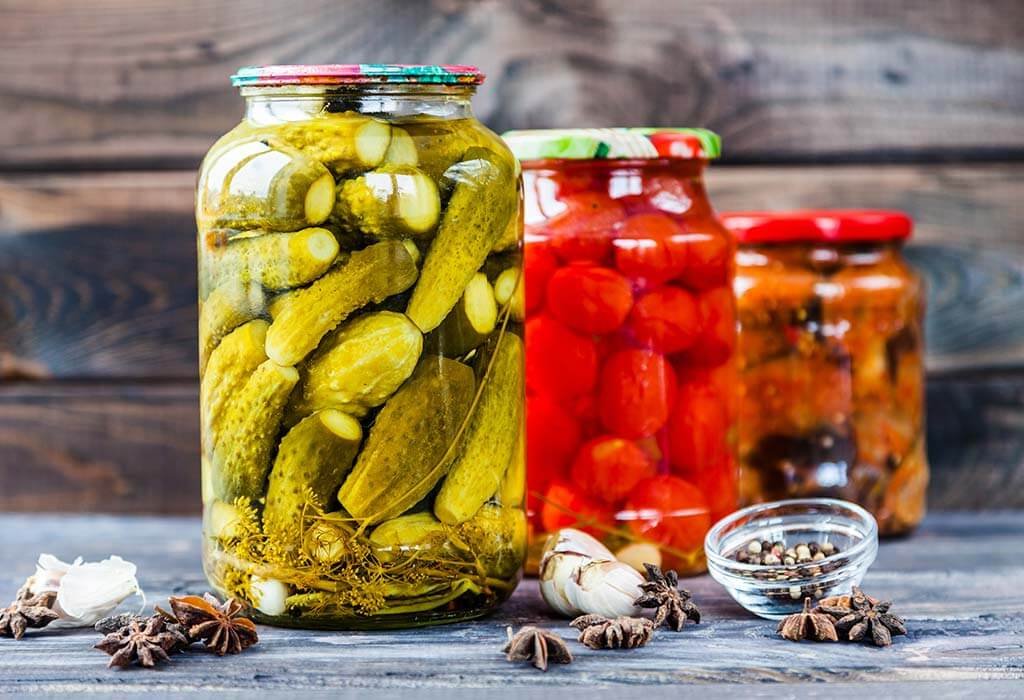
Pickles provide two very essential antioxidants, Vitamin C and Vitamin E. Fermented pickles are full of good bacteria called probiotics, enhancing gut health. In addition, it helps in losing weight, lowering the risk of heart disease, and repairing damaged cells.
Conclusion
Hopefully, the article could provide the information that you were looking for. If you are someone seeking to develop a healthy lifestyle, you can start by making small changes in your life. And, it may seem like an unachievable goal to someone who is a foodie and can’t think of losing on to their favorite junk food.
Yet the perceptions vary while the consequences remain the same. Whether you eat healthily or keep following your old diets is your call. And, after some years, you would look back and realize the needs and wants of healthy eating.
So, it better be late than sorry. Pull up your socks, understand the need for an hour and switch to healthy eating.

